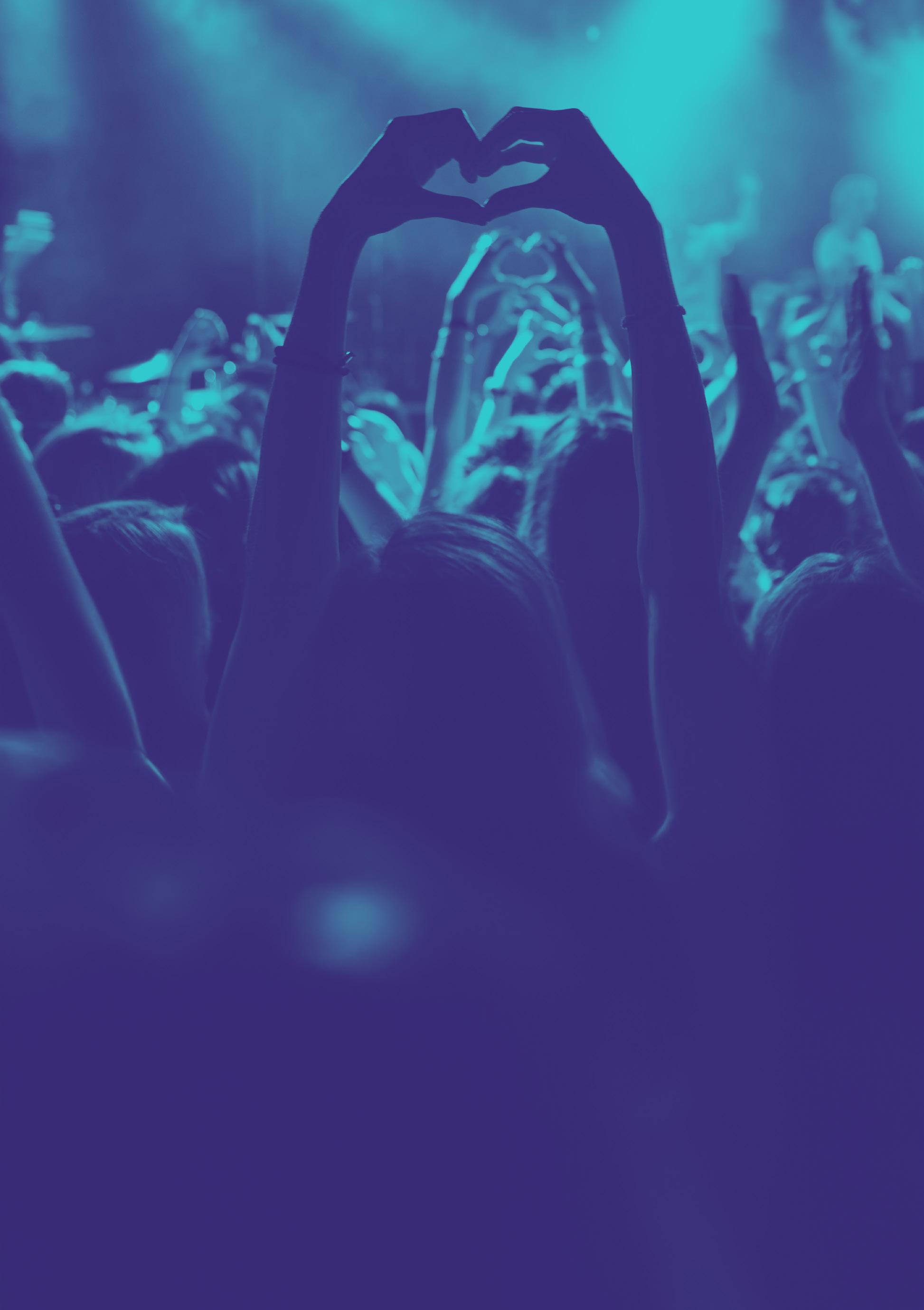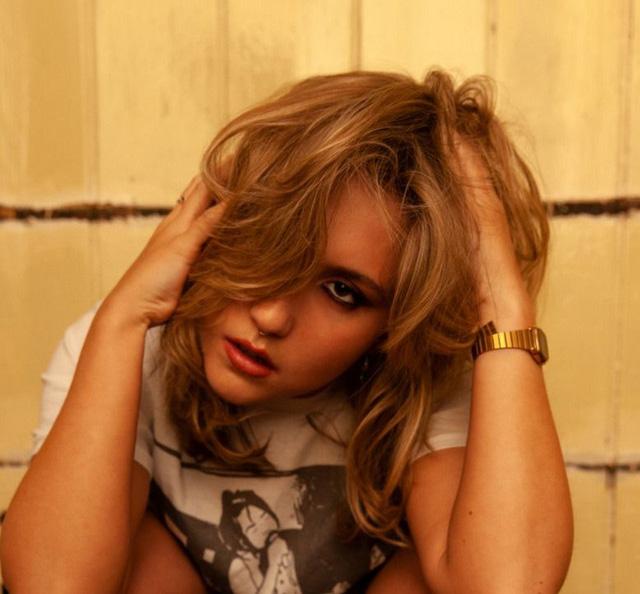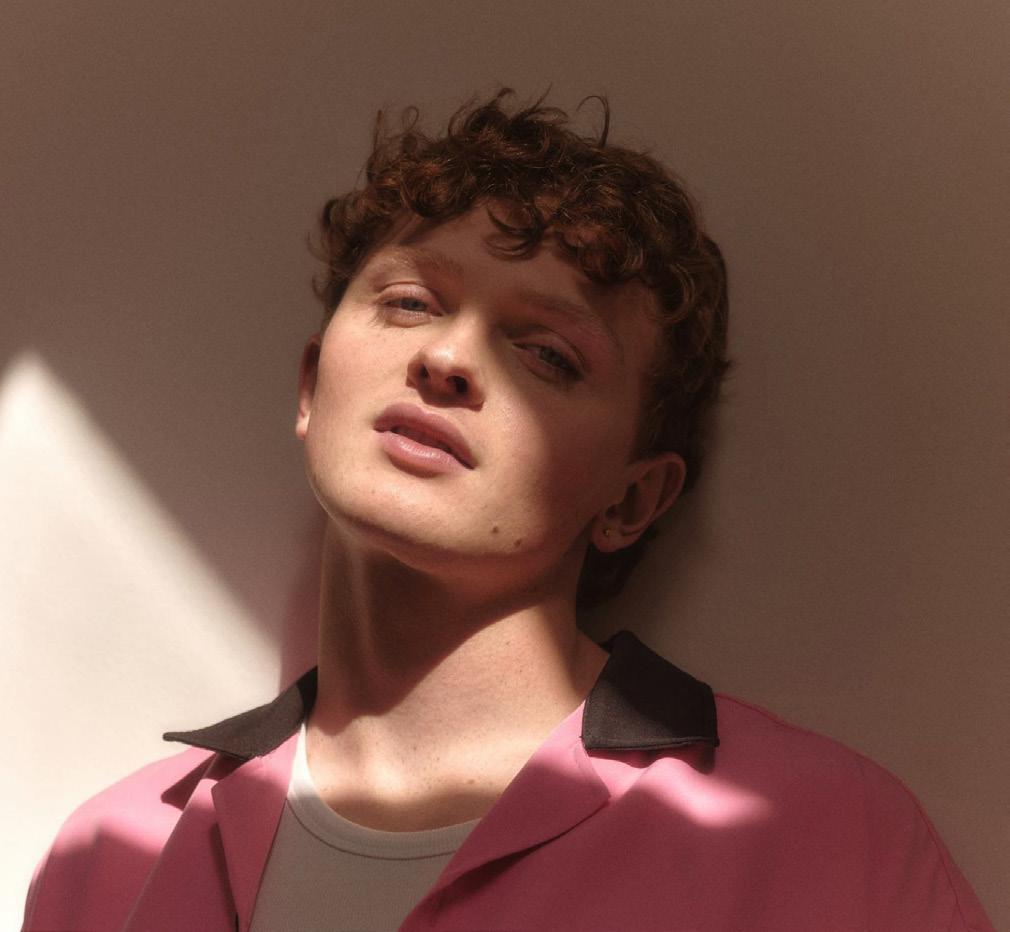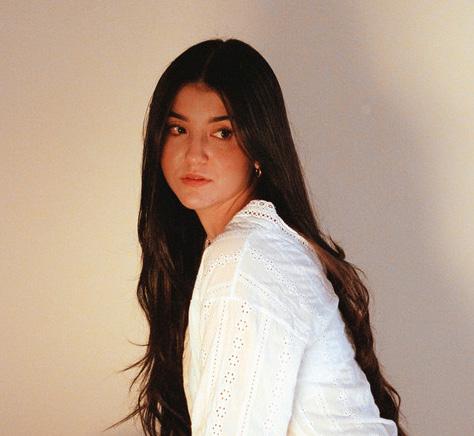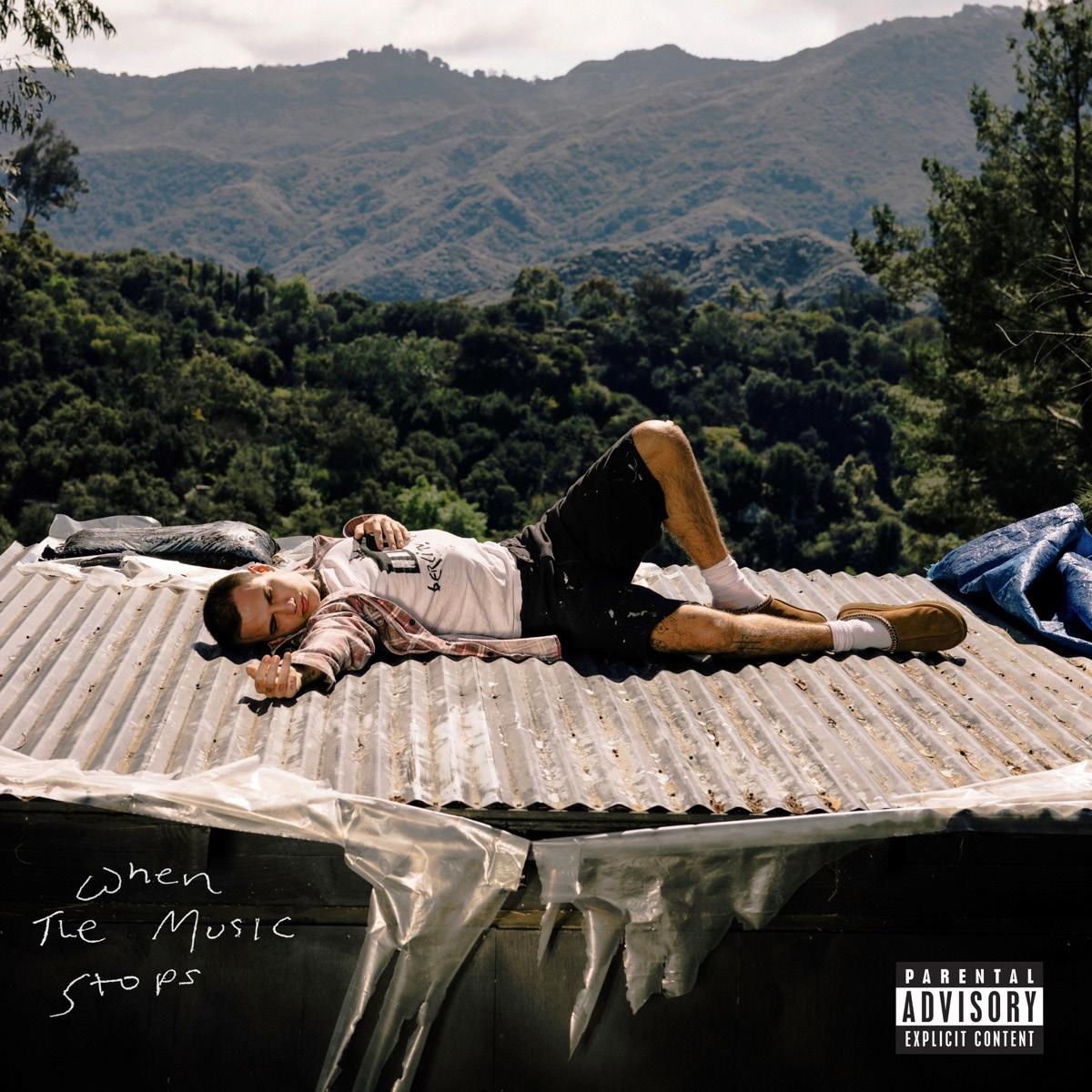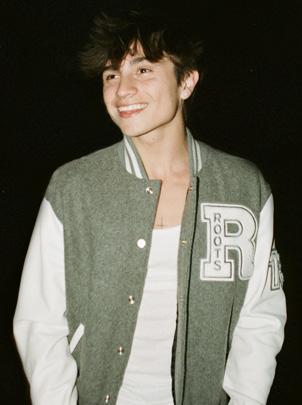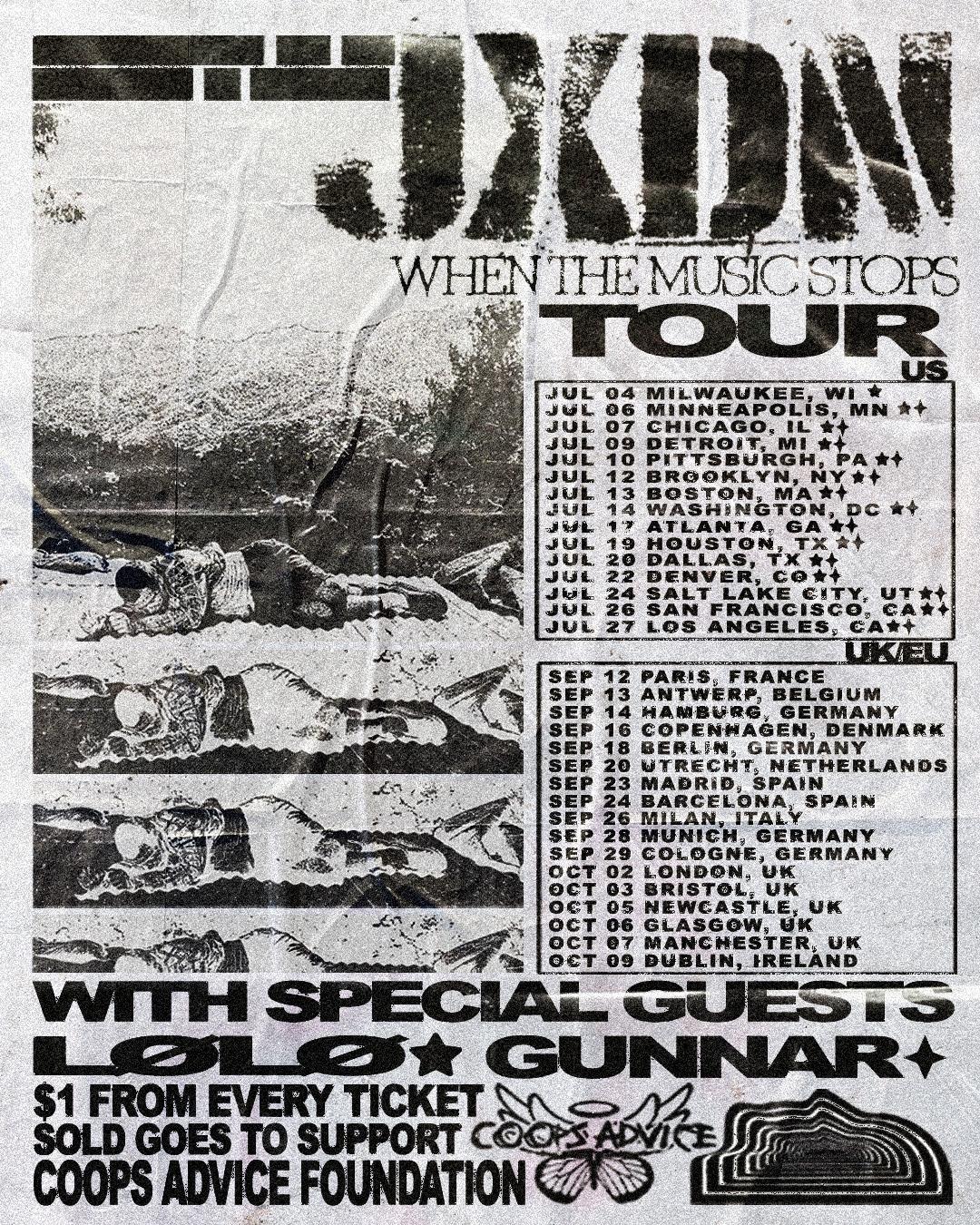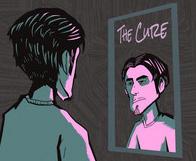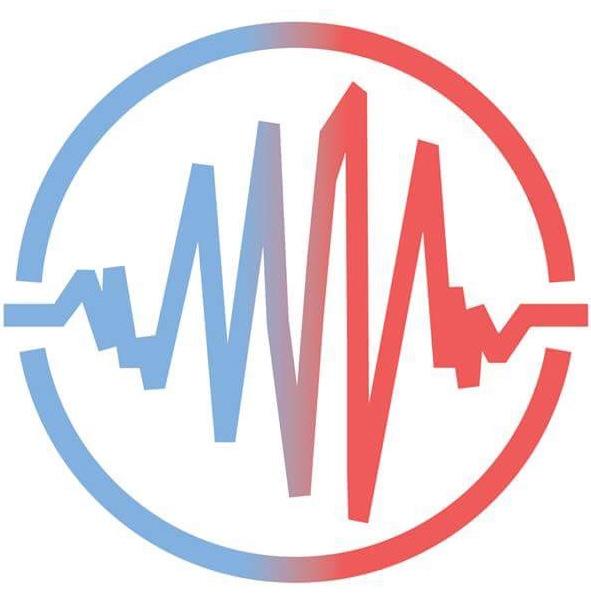MUSIC THERAPY
A CHAT WITH Alli Dunn
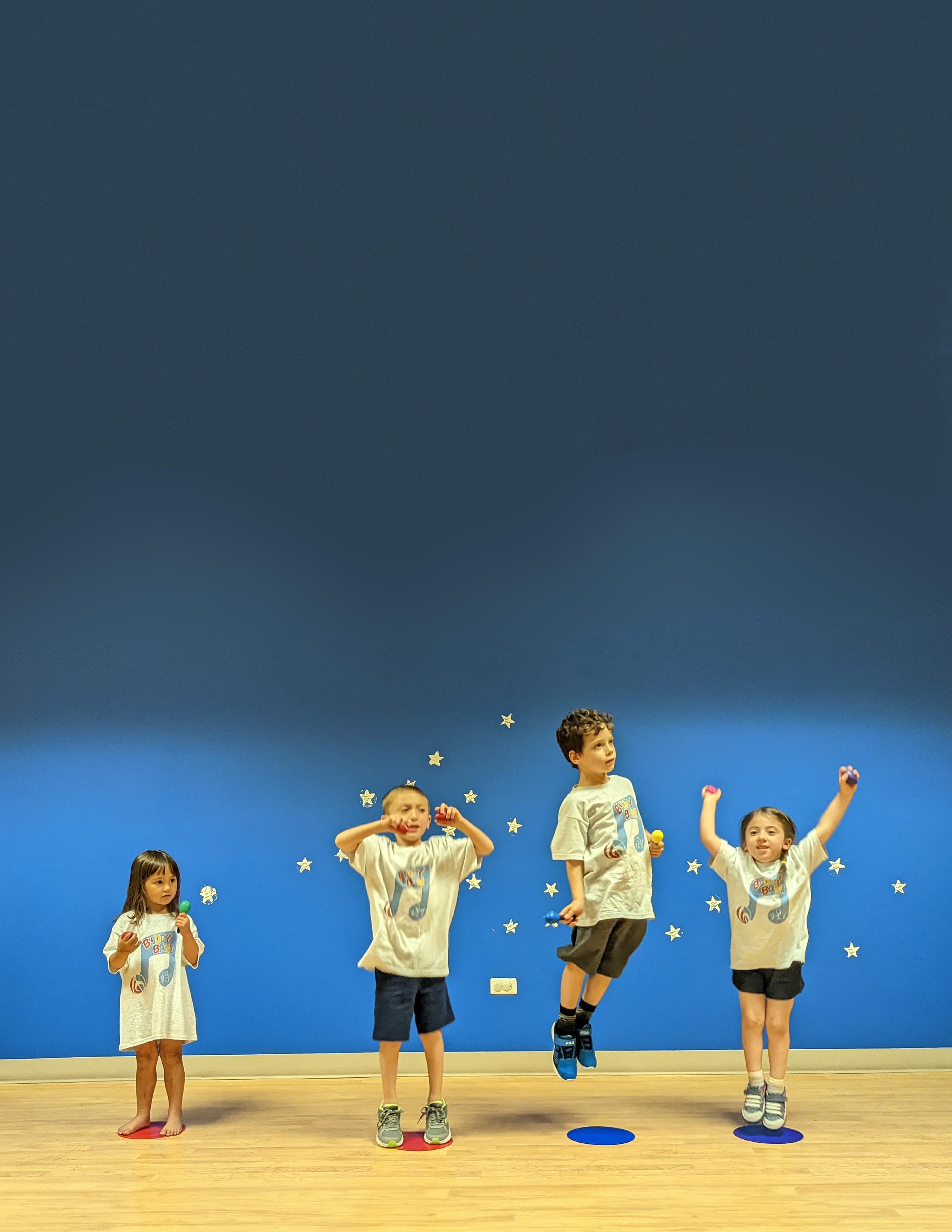 WRITTEN BY Justice Petersen
WRITTEN BY Justice Petersen
6 | MELODIC MAGAZINE
Music is a relaxing hobby for many - whether it’s playing piano in your downtime, going to see your favorite artist live, or putting on the radio on your drive home - but for some, it goes beyond that. It’s a crucial resource for their physical and mental health.
Music therapy is a commonly used practice today for treating a wide variety of behavior and mental health conditions. Although music therapy is a relatively newer form of healthcare having only gained significant popularity in the last century, music as a therapeutic practice dates back thousands of years.
According to an article written by Kathleen M. Howland, a certified music therapist and licensed speech language pathologist, by the 5th century the Ancient Greeks had believed music could heal both the physical body and the soul. Plato and Pythagoras, both Greek philosophers, wrote about the positive effects of music and greatly supported music therapy as a practice.
By 1879, the first scientific study on music therapy, titled “Music Physically Considered,” was published. By World War II, music therapy found a great significance when musicians were asked to play in hospitals for returning soldiers suffering from post-traumatic stress disorder (PTSD). In 1998, the American Music Therapy Association was founded.
Today, music therapy is very common. Alli Dunn is the director of music therapy programs at the Chicago Center for Music Education (ChiME). ChiME serves people of all ages, but Dunn mostly works with children from three to five years old.
According to Dunn, music therapy is a treatment that can follow along the entire life journey and treat a variety of conditions. Music therapy can be neurological by treating pain relief, it can treat mental health among all ages, and it can be a form of elder care.
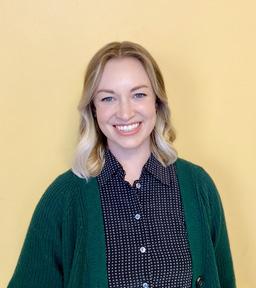
While music therapy can be used throughout all phases of life, it’s not usually the first choice for treatment. At ChiME, Dunn says they don’t diagnose. Rather, families will go to them already knowing they want their child to go to music therapy or they will work with schools who may benefit from a music therapy program.
“You don’t have to be a musician to benefit from music therapy,” Dunn says. “You don’t have to have a sense of rhythm or be able to sing. What I look for most when I’m working with kids is if they have an inherent motivation when music is involved.”
Music not only improves your mental health, but it also affects your physical health. For instance, a powerful song can give you goosebumps or bring tears to your eyes, even if there aren’t any words.
“Music is one of the only things that stimulates the entire brain as a whole,” Dunn says. “Our body trains to what we’re listening to. Your breathing and your heart rate do tend to match the music you’re listening to or the music you’re making.”
MELODIC MAGAZINE | 7
Alli Dunn, Director of Music Therapy at ChiMe
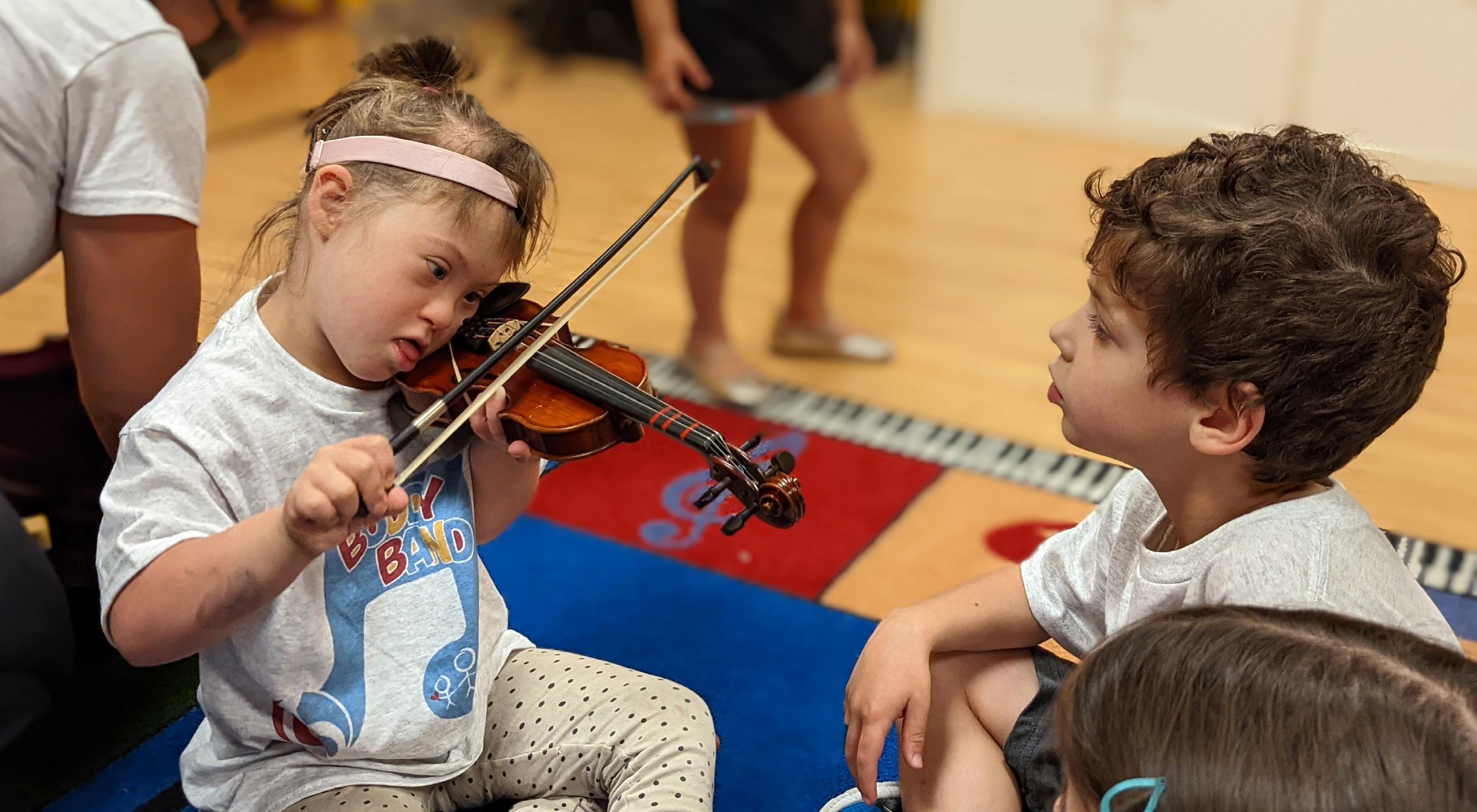
In a therapy setting, louder instruments are used to get your energy up and softer music will calm your body down. ChiME takes on an educational setting in their practice, and music therapy is used to help with a child’s academic, collaboration and attention skills.
Furthermore, there are a wide variety of benefits from music therapy. Music skills are targeted, but music therapy can also help with a variety of other skills, such as fine and gross motor skills, cognition skills and communication skills. As therapists work with clients, they are consistently tracking measurable data and logging when learning objectives are met. Thus, music therapy is a scientific and evidence-based practice, says Dunn.
“For a lot of our kids, one of our goals as an art therapy team is to provide a potential lifelong hobby,” Dunn says. “We’re not saying that anyone who’s in music therapy with us needs to pursue guitar lessons one day or anything, but by giving them access to successful music making… we’re hopefully giving them that opportunity.”
A big priority at ChiME is maintaining diversity in their programs. Whether it’s music, education or health industries, Dunn says that these professions have all been very white Eurocentricbased.
WE TRY AND USE A LOT OF DIVERSE MUSIC FROM ARTISTS, GENRES AND COMMUNITIES THAT HAVE BEEN SYSTEMICALLY MARGINALIZED. WE’RE ALSO TRYING TO PROMOTE A VALUE OF DIVERSITY AND BE AN ANTIRACIST ORGANIZATION.”
“We
try and use a lot of diverse music from artists, genres and communities that have been systemically marginalized. We’re also trying to promote a value of diversity and be an anti-racist
8 | MELODIC MAGAZINE
organization. With that too comes a sense of community,” Dunn says.
One of the greatest things about music therapy is how accessible of a treatment it is. Music is a universal language, and this applies within the world of healthcare as well. Many communication and language barriers are removed when doing music with a therapist.
“We have a lot of students who don’t communicate traditionally,” Dunn says. “They can participate just like their neurotypical peers can. Physical boundaries are removed because, as therapists, we know how to physically support students who need it. We know how to adapt instruments by making straps for shakers or removing parts if needed. Making music accessible for all the kids is so fun. We play and enjoy every single day. It’s the best job in the world.”


CALEB HEARN OPENS UP ABOUT ANXIETY, ESCAPING HIS SMALL TOWN AND UPCOMING SINGLE “KLONOPIN”
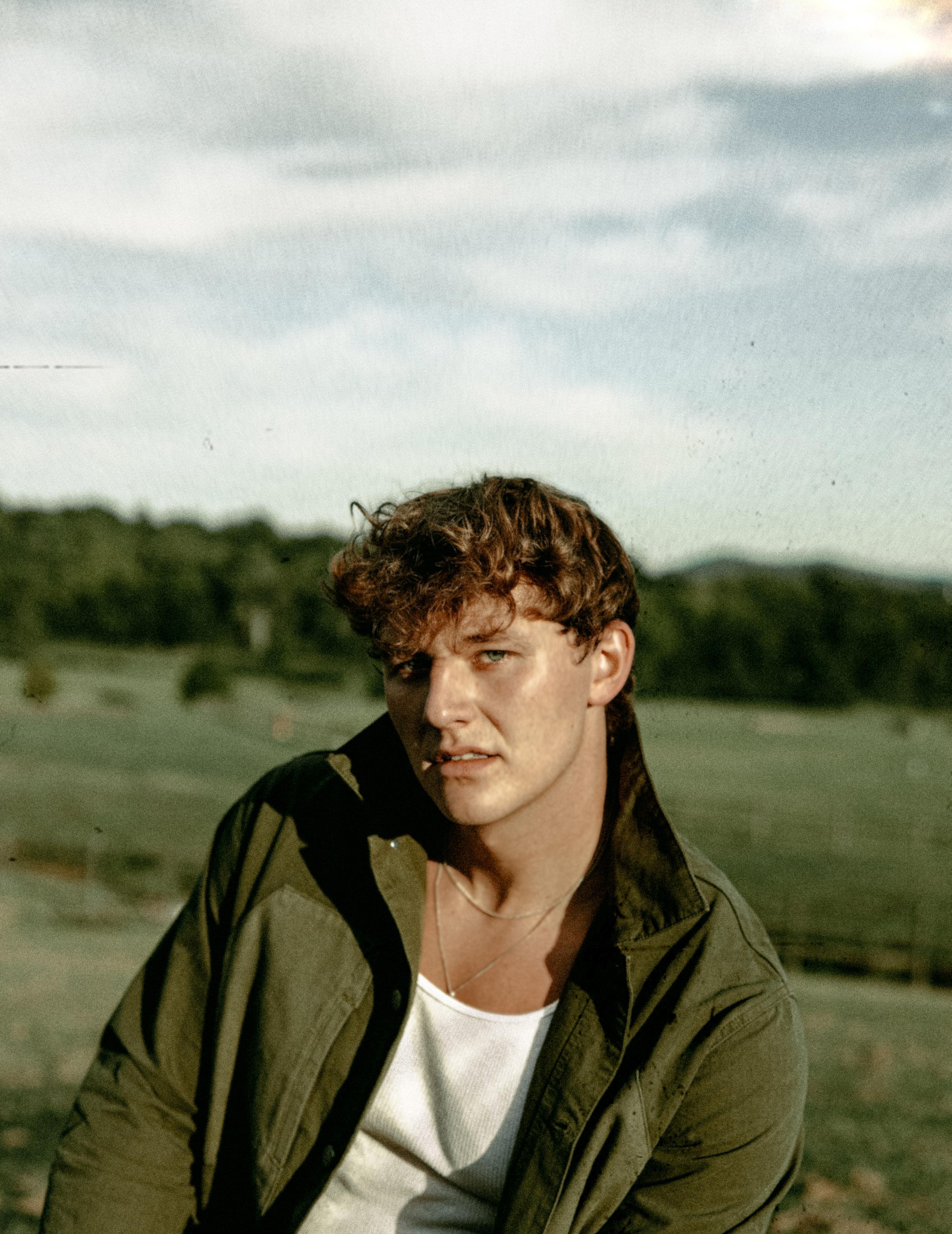
ARTISTS:
LISTEN: “It’s Always Been You,” “A Little Bit Better,” “Damage”
INTERVIEW BY Justice Petersen PHOTOS BY Stephanie Siau
SIMILAR
Matt Hansen, Thomas Day, elijah woods
INTERVIEW: CALEB HEARN 10 | MELODIC MAGAZINE
n the music of Caleb Hearn, you’ll find music that is multi-layered, profoundly personal and fueled by incredibly honest songwriting. However, the Nashville-based star, who originally rose to fame via TikTok, says his music always told the personal experiences of others - never his own. Now, Hearn is in a new musical era where he’s finally telling his story.
Since his 2020 album Reflections, Hearn’s debut and only full-length studio release, Hearn has always conveyed raw emotions through addicting melodies. Over the years, he moved away from his rap-influenced roots and moved towards a more acoustic, singer-songwriter approach to his artistry as he released a steady stream of singles over the years. Throughout this time, Hearn
evolved and embraced a more genuine sound and look that accurately and flawlessly portrays himself as both a human and an artist.
Earlier this year, Hearn collabed with New Yorkbased singer-songwriter ROSIE for his single “A Little Bit Better,” a raw and poetic track that opens up about living a life with mental health struggles. The star’s newest single, “Klonopin,” conveys Hearn’s own struggle with anxietysomething that he’s been hesitant to talk about until now. In light of this release, the small town North Carolina native sat down with Melodic Magazine to discuss the importance of tackling your mental health, what listeners will find within his new single and what “Klonopin” represents in terms of his musical journey.
You’re originally from a very small town, where things like mental health or the arts aren’t always encouraged. How were you inspired to express your vulnerability through the arts despite coming from a small town?
I have a really supportive family and that helped a ton, if I didn’t have them I may never have tried it. But I will say, as much as I love where I grew up, it was tough. There came a point right before I moved to Nashville where I just had to get out. It was the place that shaped me to be who I am now, but I knew that if I never left then I would not be able to do this forever. When I moved to Nashville there was so much more diversity. I love going home, I just couldn’t live there. There’s so much I’m chasing and my life is so different from the norm there.
Your most recent release is your single “A Little Bit Better” that you did with Rosie. What’s the inspiration behind the song and what inspired you to collaborate with Rosie? One of the reasons I’m such a big fan of Rosie is because she’s so open about her mental health. I’ve had a lot of trouble with trying to be
more open and show who I am because of my upbringing. I knew something that we both really care about is mental health, so I took that idea into the session and she was totally down. One thing we agreed on was that when you struggle with mental health, there really is no solution. You just basically have to learn to live with it and learn that it doesn’t control or define you. The idea for us when we were making the song was that living with mental health struggles is all about finding someone that makes it all a little bit better. We didn’t want the song to sound like we’re sad, because we’re not.. we’re both very happy individuals. One thing that’s not talked about a lot is that happy people struggle so much on the inside. That’s why this song’s upbeat and happy. We really wanted to focus on high functioning anxiety; you can still be happy and have anxiety, depression, or another kind of mental health issue.
You say you struggle with opening up about yourself. Why is that?
I would say that as I’ve gotten older I’ve gotten better with it, but the major reason is because
I
MELODIC MAGAZINE | 11
part of me is still in that small town. It’s not necessarily a bad thing, but when it comes to talking about my mental health, I sometimes shut down immediately. I even struggle to talk about it with my best friends. Mental health is one of those things that you can’t see, so it sounds crazy. The way I think of mental health sometimes is like trying to tell someone that you saw Superman. They probably don’t know what it’s like, but maybe they do. There’s so many fears, and I think that living for the first 20 years of my life in a place where people just did not talk about that makes it weird now to try and open up. I’m trying to be better about that, but it’s one of the most important things in my life and I want to bring that to my music.
What pushes you to keep pursuing music despite how difficult it can often be?
It’s a really cliche answer, but because I love it. I think that for the first three years of me doing this it was more so that I was pushing for something than I was really wanting something. I’m just now getting to a place right where I don’t have goals. The goals for me are more short term. I want to tour, I want to open up for someone, whatever. Those goals are keeping me entertained, but it’s not really make or break anymore. I’m actually finding joy and love in the actual process of it. I don’t think my goals drive my career anymore. My love for what I’m doing drives my career.
What do you do to take a mental break or practice self-care?
It’s different with everyone. I tend to be more social. For me, when I’m working and I’m stressed out, I’m not as social. If I see a weekend coming up where I’m free, I’m like, ‘Okay, that’s gonna be my self-care weekend.’ I tend to book it up with as much social interaction as I can. Seeing other people happy and interacting with that, it’s just beautiful and it makes me feel so good. Coming off of a weekend like that I’m always feeling refreshed.
Your new single “Klonopin” comes out in May. You definitely open up a lot more about yourself, but what ultimately brought you to open up on this new single?
The thing I want people to know, that I don’t think people know much about me, is the extent of how the anxiety in my life is. I have a certain type of anxiety that has no rationality at all. Sometimes the most anxious I could ever be is on a day when I have nothing to do with no stress. It’s really weird how it works for me, and when I explain to people they look at me a little confused. With this song I wanted to stop sugar coating it. It might come across as a little bit extreme, but it’s real and it’s real to me. Klonopin is highly addictive, and there’s a lot of bad things that it can cause. It doesn’t get you high, you just feel normal for once. I never really got to a point where it was an issue, but I found myself wanting to use Klonopin as an easy escape - it’s just a band-aid. It’s not fixing the real issue at hand. I wanted the chorus to not feel like it’s only about Klonopin. For some people it could be about other drugs, toxic relationships, or anything that’s not helping you long term.
I DON’T THINK MY GOALS DRIVE MY CAREER ANYMORE. MY LOVE FOR WHAT I’M DOING DRIVES MY CAREER.”
With your future releases, do you think you’re going to continue down that more selfreflective route?
I think generally the songs will be more like “Klonopin” in the sense of it just being real to me. I’m not going to ever shy away now from saying something if I think that it belongs in the song. I think “Klonopin” was the first song
INTERVIEW: CALEB HEARN
12 | MELODIC MAGAZINE

that I was really able to do that with. I’ve come up with stuff that I’ve felt I can’t put in a song because it made me sound a little crazy. But now I’ve decided I’m going to do this because I think that at the end of the day that’s what separates artists. I think people want that, especially now in today’s world. If people are going to accept it and listen to it, I think it can only be a good thing for me, therapeutically.
What advice do you have for listeners who are struggling with some of the same things that you’ve struggled with?
Do the hard stuff now. Don’t ever feel you should or can wait to deal with your mental health, the toxic relationship, an addiction, or whatever it is. The younger you are, the better outcome you’ll have trying to deal with something like that. Just be open with people and ask for help. I think I pushed off my mental health for as long as I could because I thought, ‘I’ve got stuff to do. This can’t control me right now.’ Eventually you have to just grab it and go. Whatever’s bringing you down, grab it by the neck and destroy it.
MELODIC MAGAZINE | 13



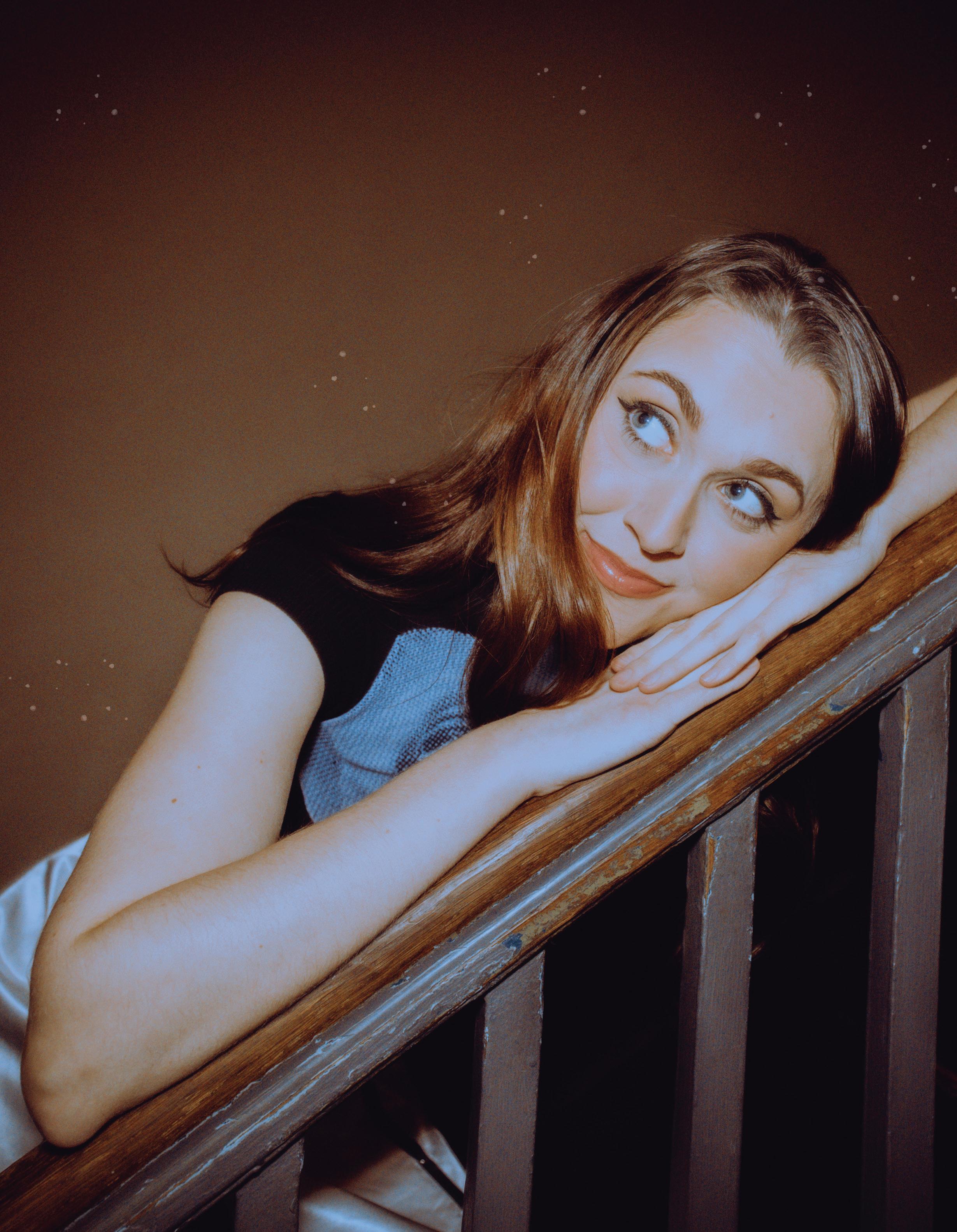
SIMILAR ARTISTS: Emei, salem ilese, GAYLE
LISTEN: “Numb Little Bug,” “Until I Found You,” “Maybe Life Is Good”
INTERVIEW BY Shauna Hilferty
PHOTOS BY Danielle Ernst
14 | MELODIC MAGAZINE
The landscape around music and mental health has shifted for the better. As we enter a new age of pop music, singer/songwriters have made these honest and vulnerable topics staples in their music. When talking to friends or family about mental health, sometimes it can be difficult to share those vulnerabilities, and many people turn to music to relate to and find solace in what may seem to be a solitary feeling.
Chatting with Em Beihold felt like chatting with a friend. Our discussion reflected her music, the conversation was honest and real like her lyrics, natural and bright, like the music.
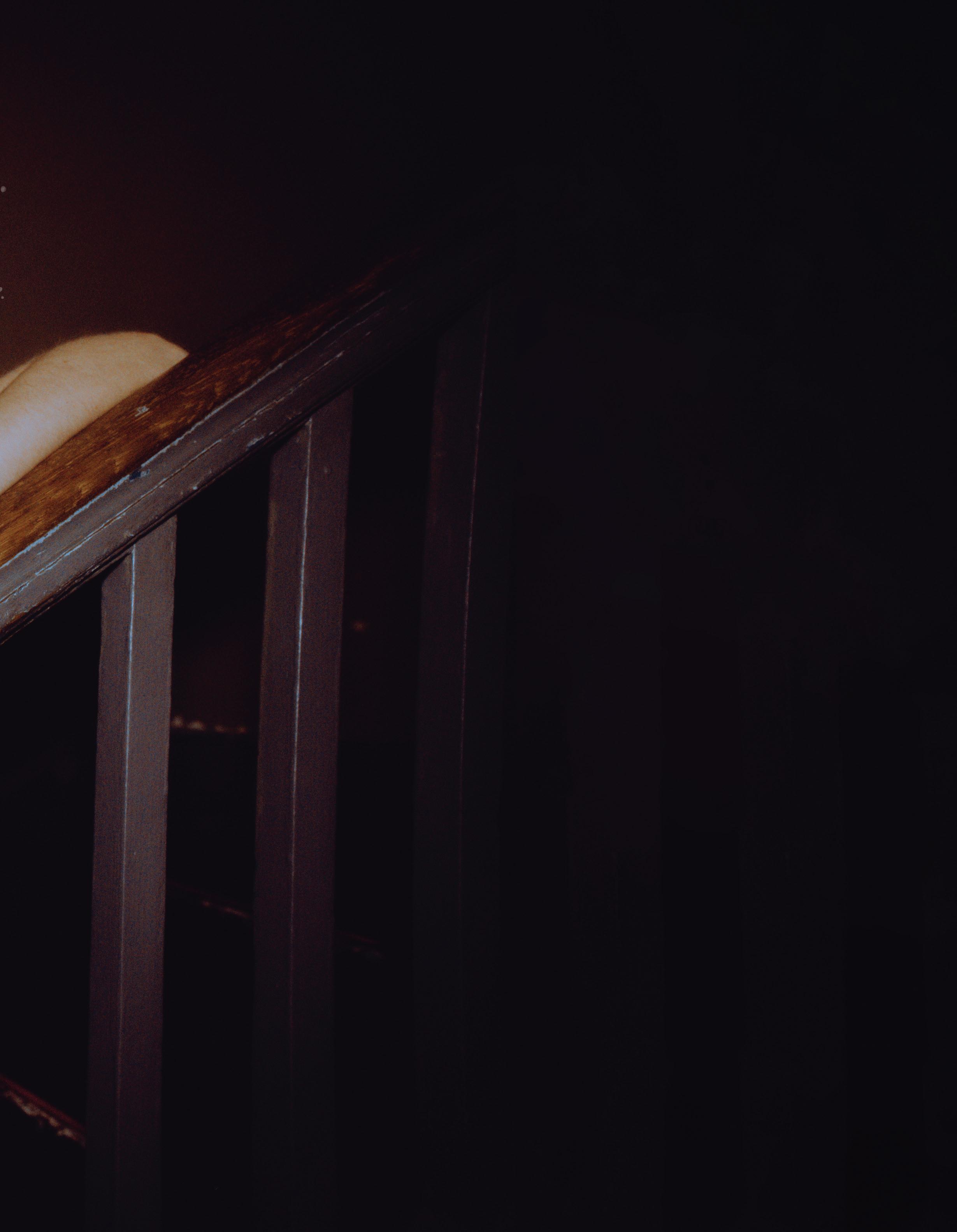
How did the remarkable success of “Numb Little Bug” shape your approach to your music career?
I think it was very special that “Numb Little Bug” did what it did so quickly and I feel extremely grateful for it. I also think a lot happened before I was even ready to know who I was, you know? I feel like being an artist there’s a lot of groundwork that needs to be laid and a lot of assurance; kind of who you are as an artist, what your visuals are, your branding, and stuff like that.
I feel like that’s something that’s been catching up to the level that “Numb Little Bug” brought me to, which has been a journey I’m very grateful to be on but definitely different dealing with the virality of the song.
A lot of your music, not just “Numb Little Bug”, touch on the topic of mental health and self discovery. I feel like that really has become part of your brand. Yeah, definitely. Writing music has always been my form of journaling ever since I was very young. So even before I knew people were going to listen to it it was just sort of the way I would sort through emotions.
This La La Land native has achieved success and so quickly into her ever growing career. Her first album Egg in the Backseat was released last summer, with a collective 365.8 million streams and includes the smash single “Numb Little Bug”. Collaborating with artists such as GAYLE, Stephen Sanchez, and Eric Nam, Em has cemented herself as a staple to this new decade of pop stars. Opening for acts such as The Jonas Brothers, AJR, and Lewis Capaldi, Em is fresh off her first headlining “Maybe Life is Good Tour” and has much to share about her journey on the road and off and what making music these past few years has meant to her.
How do you hope your songs resonate with listeners with similar experiences with self discovery and mental health?
I hope that my songs help people feel less alone. I feel like sometimes I have conversations with people my age and we’re kind of you know, close to college when the pandemic happened. Structure is gone in our lives, we’re very confused and even if you’re doing what you want it’s just like life feels very different. The pressure feels very different and growing into adulthood is hard for everybody. Sometimes when I’m having these conversations I’m thinking of songs that I wrote that I want them to hear because I feel like it proves that they’re not alone and we’re all feeling similar things at this stage in our lives.
I have some friends that are working high up jobs and they thought achieving a high level of success would make them happy but it doesn’t necessarily. I think it’s sad that so many people feel that way but also kind of cool to realize that all these intense feelings you have aren’t only in you. I try to do that with your music.


MELODIC MAGAZINE | 15
In terms of your music, you’ve been able to blend the stuff that we’ve been talking about now – heavier life things – with upbeat melodies and lyrics. How do you find that balance between catchy melodies and meaningful lyrics?
It’s not even a balance I seem to find, it’s kind of my natural way of songwriting. When I was writing “Numb Little Bug”, I wasn’t like “Let’s make this sound happy” it just kind of poured out like that. But I would say I have a lot of influence from Regina Spector and Sara Barilles as well and they have a lot to do with my writing style. And again, music has always been my form of journaling so I think the way those meet is how I write.
I think something that’s also been kind of interesting about this headline tour that I’m on currently is how diverse the audience is. There’s a lot of little girls who I think just like the music but they don’t necessarily know the depth of the emotion it talks about. And then there’s like, college kids and people in their forties and up who actually relate to the lyrics of the songs. It’s kind of funny to see the different responses because some people are there because they’ve dealt with severe anxiety and some people are there because they want to dance. I think that’s kind of a cool thing!
A lot of parents have told me “My daughter started listening to you first and then I started listening and we’re fans for different reasons.”
You know, you see the parents also dancing. They don’t look dismayed, they look like they’re having a good time and I just think that’s cool.
What has been your favorite memory from being on tour so far?
Ooh. Honestly, I’ve loved all of the VIP experiences and getting to have a little Q and A with the fans and talk to them. Because it feels like, in some ways, we’re just friends. Like it’s not nerves or anything. Just hearing about
them, talking has felt very fulfilling. And also to go to any city and have that experience feels very surreal and crazy. I think what’s been really fun about the shows is this tour is the first time I haven’t really experienced any stage fright. For the first time, I feel like I’m just having fun whereas before, hours of energy before the show it would just be extreme nerves. This time it feels weird because I’m not using so much energy on being nervous. Something feels wrong here but in a good way!
IT’S KIND OF FUNNY TO SEE THE DIFFERENT RESPONSES BECAUSE SOME PEOPLE ARE THERE BECAUSE THEY’VE DEALT WITH SEVERE ANXIETY AND SOME PEOPLE ARE THERE BECAUSE THEY WANT TO DANCE.”
You can put your energy into really showing up! And your presence is enough. Yeah! I think in many ways, this tour has kind of taught me that I am enough as I am. Because I’m the type of person who really looks for all the things I’m not. I’m an introvert. I’ve never been a person who wants attention at any party or in school so to be the person onstage is kind of a funny job for me. But I feel like, on this tour I’ve accepted who I am and they like who I am and that’s felt really cool.
Also just having them sing back lyrics to me is, especially for songs that are, for instance, I have this ukulele song called “Pedestal” and I mean, when I open for people they only know “Numb Little Bug” really. But having people sing the “Pedestal” lyrics back to me is such a cool
INTERVIEW: EM BEIHOLD
16 | MELODIC MAGAZINE
experience because when I wrote that I never imagined this scenario. So that’s been awesome. As far as something silly, after the DC show, my crew and I went to Lincoln, to go see Lincoln at the memorial. And my friends who does merch, her name is Lea, she was doing the Houdini dance and I was just rolling around in the background and it was just kind of like all our delirious states of everyone on the crew merged and we just started crying laughing and we had a great time!
I want to ask you a little bit about your Active Minds donation, specifically the dollar-perticket. How did you start working with them?
I think I discovered Active Minds through social media and immediately followed and DM’d them and was just like “How can we partner, because we have the same mission and I love what you guys are doing”. They also focus on mental health resources on college campuses but also on their website. Like I’m 25 and I was finding resources myself and reading things that I found very helpful for mental health. I was their keynote speaker at their last conference and did a little performance and it’s just been a very great partnership and I love working with them. So far we’ve made over $10,000 which is awesome! They had a table at every show, starting in Denver they’ve tabled since. I think also what’s interesting is they’ve told me a lot of teachers come to the show and will talk to them. I think it’s cool that teachers want to learn more about how to support their students’ mental wellness.
Music has a reach that goes beyond the classroom or beyond your parents talking to you about it. Where there is anonymity to it. If I go to a concert, nobody cares if I do or don’t stop at this table. It’s just nice to do for yourself.
That’s such a good point. I feel like my crowd is very bonded by struggling with similar things with exception to the young girls who haven’t
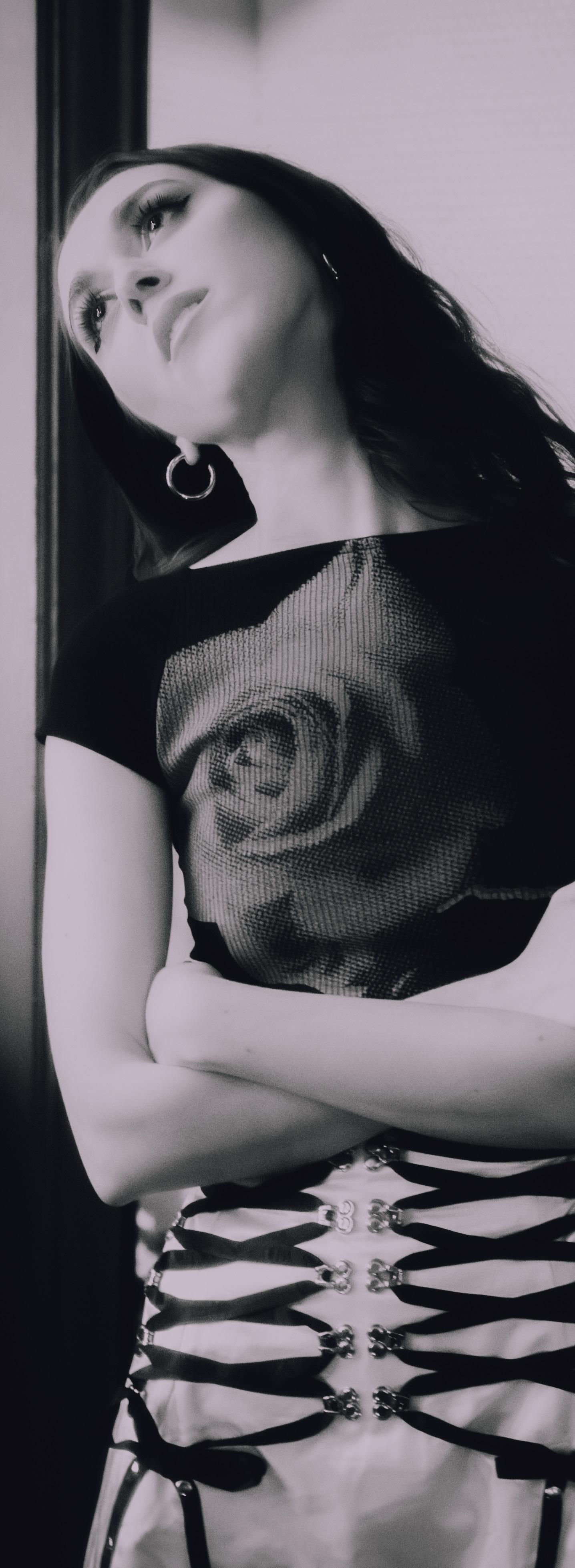
MELODIC MAGAZINE | 17
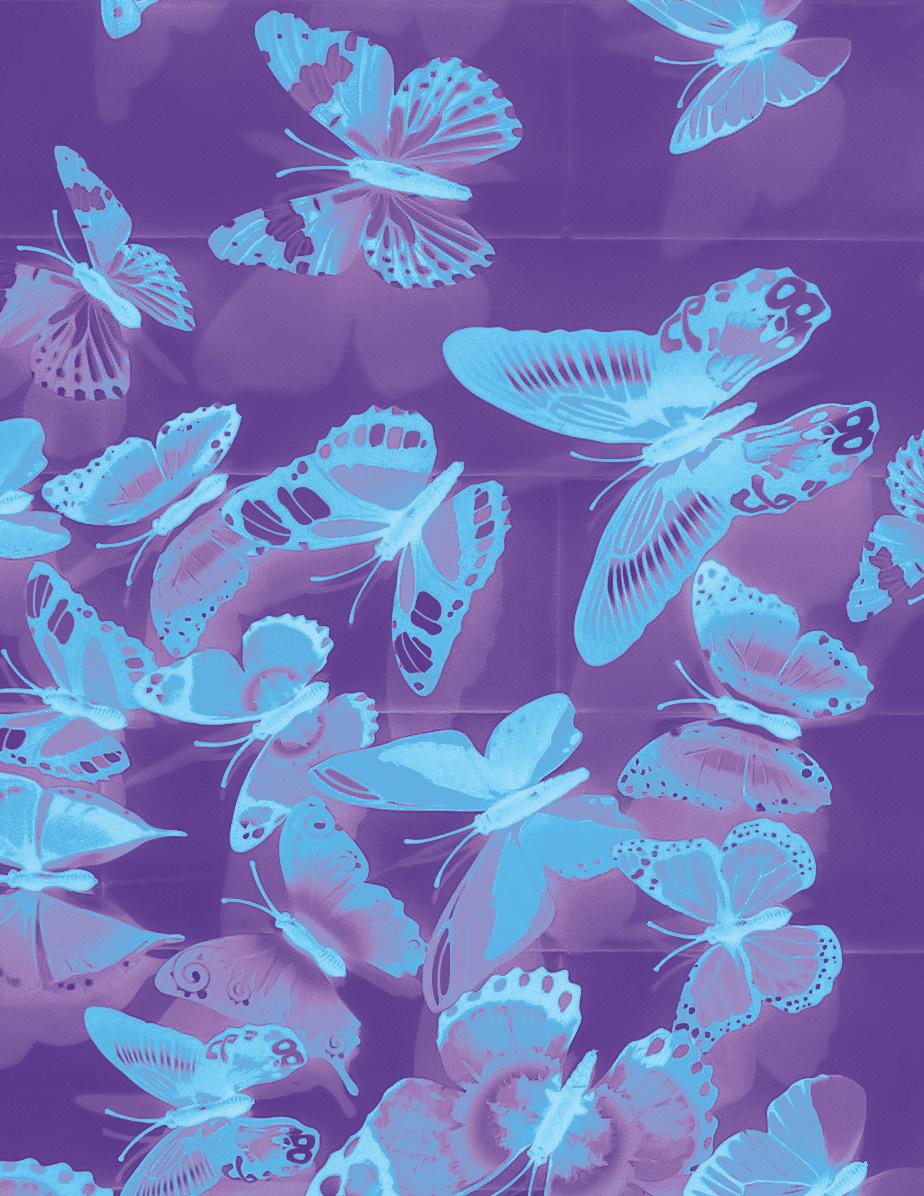
gotten there yet. But it’s like, it’s true. I want people to make friends at that table and they’re not judging each other.
Mental health was always a little taboo, unfortunately. Talking about it now feels good and right. Even in a concert setting where people want to let loose and have fun, do you know the music that you’re dancing to? Do you know the message behind it? When everybody’s in that room for the same reason, why not make it a good reason. I always say “dance to your depression”.
What is your favorite song to dance to when you’re up there?
“Egg In The Backseat” is fun because I get everyone jumping, we all jump together. And for a moment, my kind of chill show feels like a rave and I think that’s fun. But also just hearing how loudly they scream “Numb Little Bug” is always an incredible moment every night. There’s an unreleased song called Lottery that’s my favorite to play. I forgot about it before but basically Lottery is about how we always tell ourselves ‘I’ll be happy when’, ‘I’ll be happy when I have this thing, when I’m more successful, when I have more friends, when I live here’ but something I’ve learned from the success of “Numb Little Bug” is I’ve kind of reached a success point beyond what I mentally planned for with my music. And honestly, the roughest mental health phases that I’ve gone through has followed that success. So Lottery is sort of about how you can have everything but internally you kind of have nothing and that the work has to be internally to truly be happy. It’s also just like, as a song, the hardest I ever sang. There’s this big, belty, huge section and normally I’m uncomfortable belting so it really feels like I’m baring my soul but in a way that’s my favorite song that I’ve written.
Is that a song where, when you’re standing there, onstage, because the audience doesn’t know it yet, is it even more special? Does it give
you a different feeling than all the other songs? Yeah, I’m playing piano during it so I haven’t even truly read the audiences’ reaction, I’m kind of going hard on the piano. It’s just a pinnacle in the set, musically. It’s like the biggest song I have, musically.
You said that with Lottery, there’s a kind off mental preparation you had to prepare for in terms of your success. Shooting forward, with the amount of traction your songs gained, you had also gained opportunities like opening for the Jonas Brothers, AJR. What did opening for these shows teach you about finding yourself, and your sound in front of a large audience.
Just playing live shows in general has informed the music I’m making a little bit because I used to write a lot of bouncy piano but onstage, it’s not the easiest for people to move to. It’s not like I’m letting the live aspect get in the way but it has informed what kind of music I want for live shows. But also, I don’t know. I think I needed a lot of exposure to moments where I’d be terrified and after you have enough exposure you kind of become…I don’t want to say numb to it, because that sounds emotionless. But you get more used to it. Like, I remember my first tour, the first stop was in Dallas and it was 300 people and in my head I was like ‘Okay, that’s not that big’ and then I saw 300 people and it was like ‘Oh my god! No way.’ And some of these shows are 700 and I really feel like completely comfortable but I had to go through that experience to get there. So, I told my manager ‘I don’t know if I’ll ever get over the stage fright’ and he was like ‘Give it 100 shows’ and I was like ‘A hundred?!’ But at this point I’ve probably played 100 shows and he was right.
It goes so quickly, the way they start adding up and two, three tours later you’ve already gone cross country or up and down each coastline and it happens so quickly. The moments that you had told me with your crew, and having the moments in the VIP
INTERVIEW: EM BEIHOLD
18 | MELODIC MAGAZINE
section they’re able to literally ground you and give you that presence that sometimes you lose after 100, 200, 300 shows. Totally.
The eventual quad digits that you will make!
Yeah! I mean it’s also like, I have so much fun doing the shows but it’s also like we’ve done it at this point twenty one nights, not directly in a row but it’s sort of…feels almost robotic. There’s not a lot that changes so it is really important to have some moments to change it up. Or also like in VIP, where they ask different questions it’s very exciting!
For the future, looking ahead, do you have any goals or aspirations?
I’m still a bit in a phase of self discovery musically I will say. I spent a lot of last year working with probably a hundred different people trying to find the crew and who I make music with and I’m still kind of narrowing that down. Something I’m working on is not rushing myself because I think I felt the pressure of ‘I need more music out’, you know my EP came out in 2022 and I like it but I just feel like I’ve grown since the music I’m performing every night. And so, I think just trying to find my flow, trying to make music that I love obviously, but it’s been a process trying to get there. One day I would love to play SNL but there’s no time pressure on that for me.
THIS OR THAT
90’S STYLE ICED MATCHA LATTE OAT MILK LITTLE MERMAID SOUR TRADER JOE’S PIZZA IN NYC MILLENIAL PINK Y2K CARAMEL FRAPPUCINO ALMOND JESSICA RABBIT GUTS WHOLE FOODS ACAI BOWL IN LA GEN Z PURPLE WITH EM BEIHOLD OR OR OR OR OR OR OR OR MELODIC MAGAZINE | 19
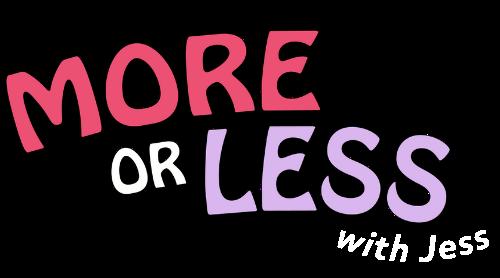
“HOW ARE YOU REALLY FEELING, MORE OR LESS?”
INTERVIEW BY Victoria Goodwin
INTRO BY Clare Gehlich
BY Remy Hernandez
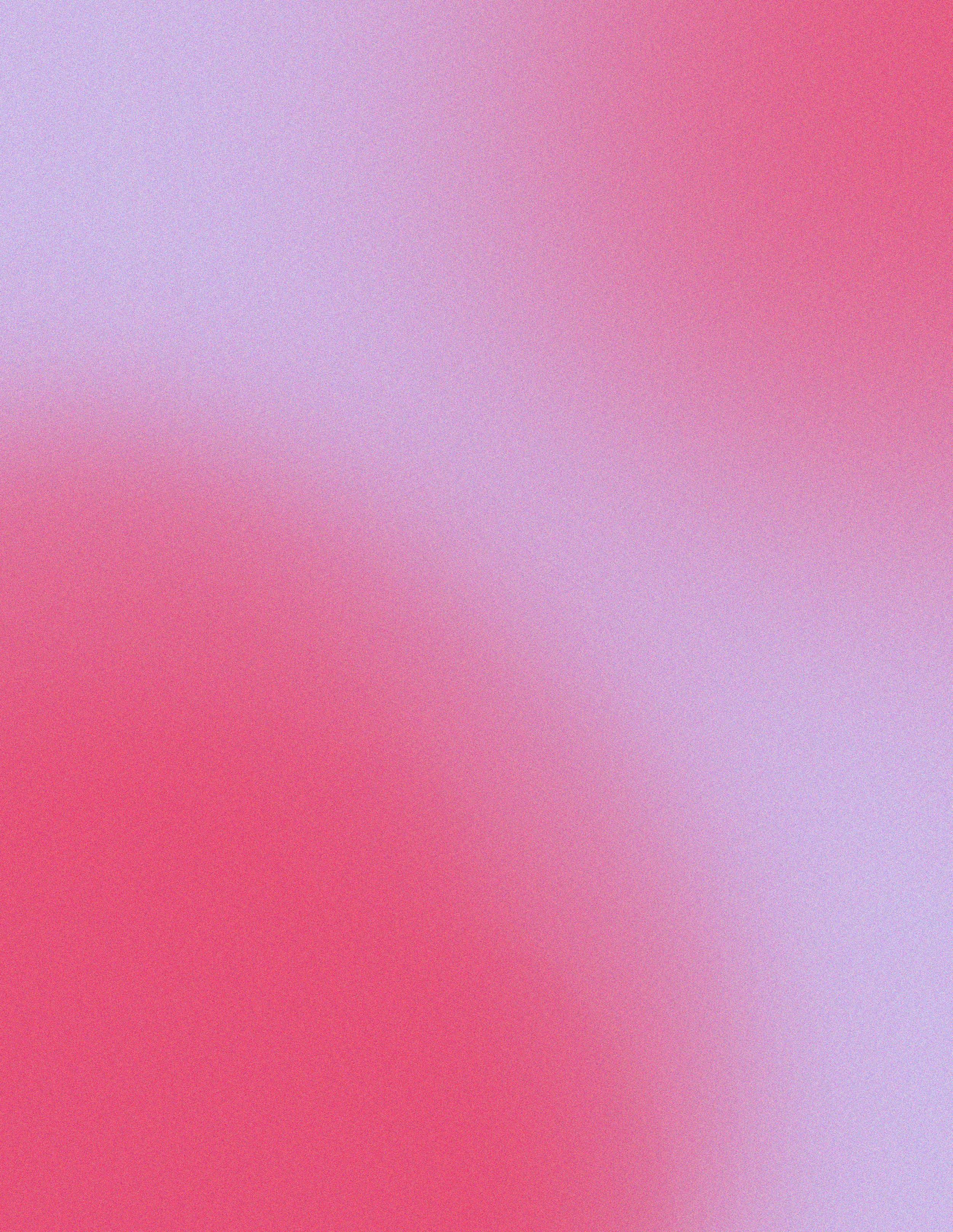
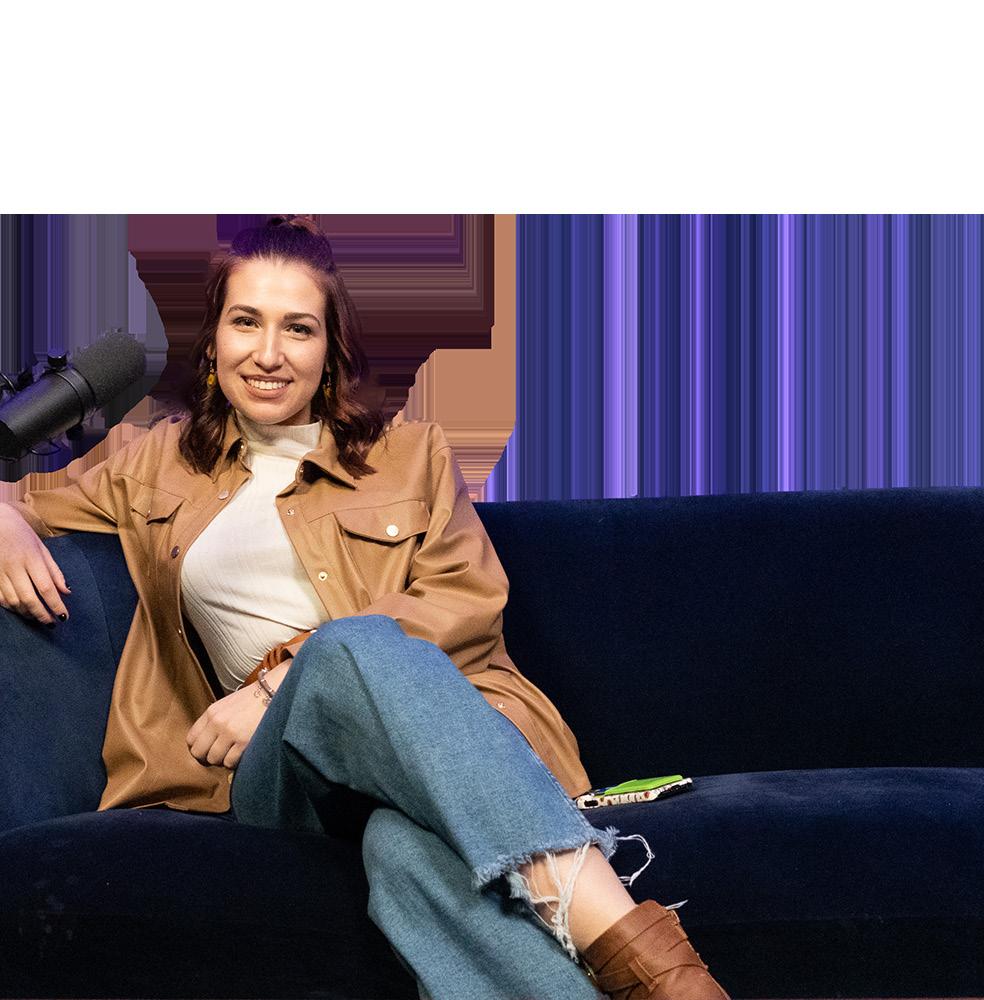
INDUSTRY SPOTLIGHT
20 | MELODIC MAGAZINE
PHOTO
Media’s changing, and so it goes, as is music. Jess, host of the mental health podcast
More or Less, asks an essential question in her episodes: “How are you really feeling, more or less?” The answer is different for most artists.
A decade ago, Jess began working with nonprofit mental health organizations. During this time, she observed a shift in how people approached issues such as anxiety, depression, and other mental health disorders; it led her to where she is now.
She began releasing episodes in December 2020, amidst the COVID-19 pandemic, and has interviewed artists like Em Beihold, Olivia O’Brien, Chelsea Cutler, Bishop Briggs, and more. With a background in the music industry, Jess brings professionalism and empathy to her discussions. She creates a safe space for artists to
How would you sum up More or Less for those who aren’t familiar with your podcast?
More or Less is a podcast and media platform that highlights mental health wellness amongst artists and creatives. It’s a resource and a beacon of support for the music community and fans and helps them see themselves in other people’s mental health journeys by talking about it.
Is your focus primarily on artists or is the goal industry wide, anybody in it?
I fully believe music could change the world, and that’s what I am personally so drawn to. I really believe when the content reaches that artist superfans, it can really help them and I think that’s what has even drawn me to this world is seeing artists I grew up with talk about mental health. That really helped me with my own journey.
How do you think the conversation around mental health has evolved over the years and what would you like to see progress more? When we started during the pandemic, at that
openly discuss their personal struggles, triumphs, and journeys.
Jess navigates her podcast and life with the belief that success doesn’t follow a linear path, proving to us that we are all struggling just the same.
She’s the best friend you never knew you needed, giving you a safe place to gush, chat, and be unapologetically vulnerable about your feelings in the music space. Whether it’s social media content, the pressures artists face, or being vocal about mental health, Jess addresses it all in her podcast.
We recently spoke with Jess of the More or Less podcast about the inspiration behind the podcast, its upcoming sixth (and seventh) season(s), and its mission to destigmatize mental health issues in the music industry.
time, artists, fans, and the music community were really navigating the lack of touring, the lack of live shows, and there wasn’t this face-toface connection. Everyone was really struggling with that.
A lot of the conversations in the early days were around that and keeping up the creativity when the world is essentially falling apart. But even now, a few years later, as we are back at live shows and there’s a different era of music upon us, a lot of the conversations revolve a lot around social media and the pressures of content creation for artists. That was not really a major tentpole of conversations in the early days. There’s a lot of feelings and emotions that come when you are expected to be plastered on every single iPhone screen and app and do all the things.
Do you think it’s become easier or harder to talk about feelings because they are plastered everywhere?
It’s a little bit more comfortable to say you have
MELODIC MAGAZINE | 21

anxiety or depression, but it’s still very much difficult to open up about other mental disorders - schizophrenia, bipolar disorder, etc - there’s a lot of different mental illnesses that I don’t think are as palatable for people to talk about, as a general society thing.
But for artists specifically, I think they are way more vocal now. We’re seeing a lot of artists cancel tours and admitting that it’s for mental health reasons. Lizzie McAlpine recently announced her routing and it’s a different kind of routing because last quarter she really struggled. She even put in her caption when she announced the tour that the routing looks like this because it’s the best thing for her health.
What do you think are some misconceptions around mental health and how can we go towards debunking them?
That’s like a loaded question. Everyone has mental health, but 1 in 5 have mental illness. So just like you would go to a primary doctor for any physical symptoms, your mental health is part of that.
I think generally society, we often like look at mental health as this thing that’s like beyond ourselves when it’s very much something that exists in us every single day, it’s just like part of you.
In terms of debunking them and therapy and treatment, that also looks different for every single person. I think we’re in like a really interesting time where I open up Instagram and suddenly everyone’s posting infographics about mental health and it can get very messy and with a lot of misinformation and self diagnose-y kind of things that I think can be more harmful than good.
How do you, Jess, find that balance of pursuing the passion to promote good mental health and taking care of your own mental health?
It has ebbed and flowed as life certainly does. I think there was a time where I was very, very ashamed of my major depressive disorder. And there was a time where I thought that that made me weaker, or if I disclosed that, that people would think that I couldn’t be successful or that I couldn’t be normal. I’ve grown a lot to know that a normal doesn’t exist, but also that I think because of my mental illness, I can see things from a lens that maybe someone else can’t.
It’s a daily thing. It’s a choice every day to kind of wake up and figure out what the balance looks like, but it’s an ongoing process.
I THINK GENERALLY SOCIETY, WE OFTEN LIKE LOOK AT MENTAL HEALTH AS THIS THING THAT’S LIKE BEYOND OURSELVES WHEN IT’S VERY MUCH SOMETHING THAT EXISTS IN US EVERY SINGLE DAY.”
What artist that has sat in your More or Less chair would you say that you learned the most from or somebody you’re like, “oh man, they’re struggling? I would have never known?
Bishop Briggs. The Bishop Briggs interview was incredibly special to me. It was the first time an artist had entered the room and thanked me for having a platform like this around music and mental health and that was before we had even sat down on the couch.
INDUSTRY SPOTLIGHT
22 | MELODIC MAGAZINE
She shared so much about motherhood and living with mental illness and dealing with grief around her sister and her first baby. I walked away from that episode like, “Whoa, not only is this person an incredibly talented musician and kicks ass and performed at Coachella eight months pregnant, but has been through so much and is on the other side wanting to share what they’ve learned.”
What advice would you give to any artists who are struggling with their mental health, who either don’t know how to pursue their dreams and let their mental illness define them?
Success is not linear and even in terms of conversation and going viral with that pressure, I don’t think that that’s what artists should aspire to. And if it’s a slow burn, that could be even greater for your success, but also that success looks different for every single person.
The other side to it is surrounding yourself with really good people. I think unfortunately in the artist world, when the first manager reaches out to you and you’re like, “oh my god that’s it, that’s the person”, without really knowing them. I think it’s so important that you work with people you really trust, and feel comfortable enough with. To say, “hey, this isn’t working or me,” or “I’m feeling really overwhelmed right now” because if you don’t feel comfortable with the people in your circle that are working on your career, then that’s just the recipe for disaster.
What can you tell us about upcoming season six and what’s to come?
In May we will be showcasing our Minute Mic Check series where we’re posting some content pieces with different artists and sharing their stories across socials in honor of Mental Health Awareness Month, while we plan on Season 6 early this summer.
What does the next six months look like for you?
The next six months are really trying to hit More or Less out of the park with the new season. We are hoping to do two seasons this year. So there’ll be a season six and a season seven in 2024. I have big dreams of merch this year. I want to do an event at the end of the year and bring people together. So more community driven things for More or Less for sure!

SPEED ROUND:
FAVORITE ARTIST YOU INTERVIEWED?
Bishop, hands down.
DREAM ARTIST TO WORK WITH?
Hayley Williams.
NUMBER ONE CUDDLE ANIMAL AFTER A BAD DAY?
Dog.
BEST MENTAL HEALTH BREAK EXERCISE?
Yoga.
MELODIC MAGAZINE | 23
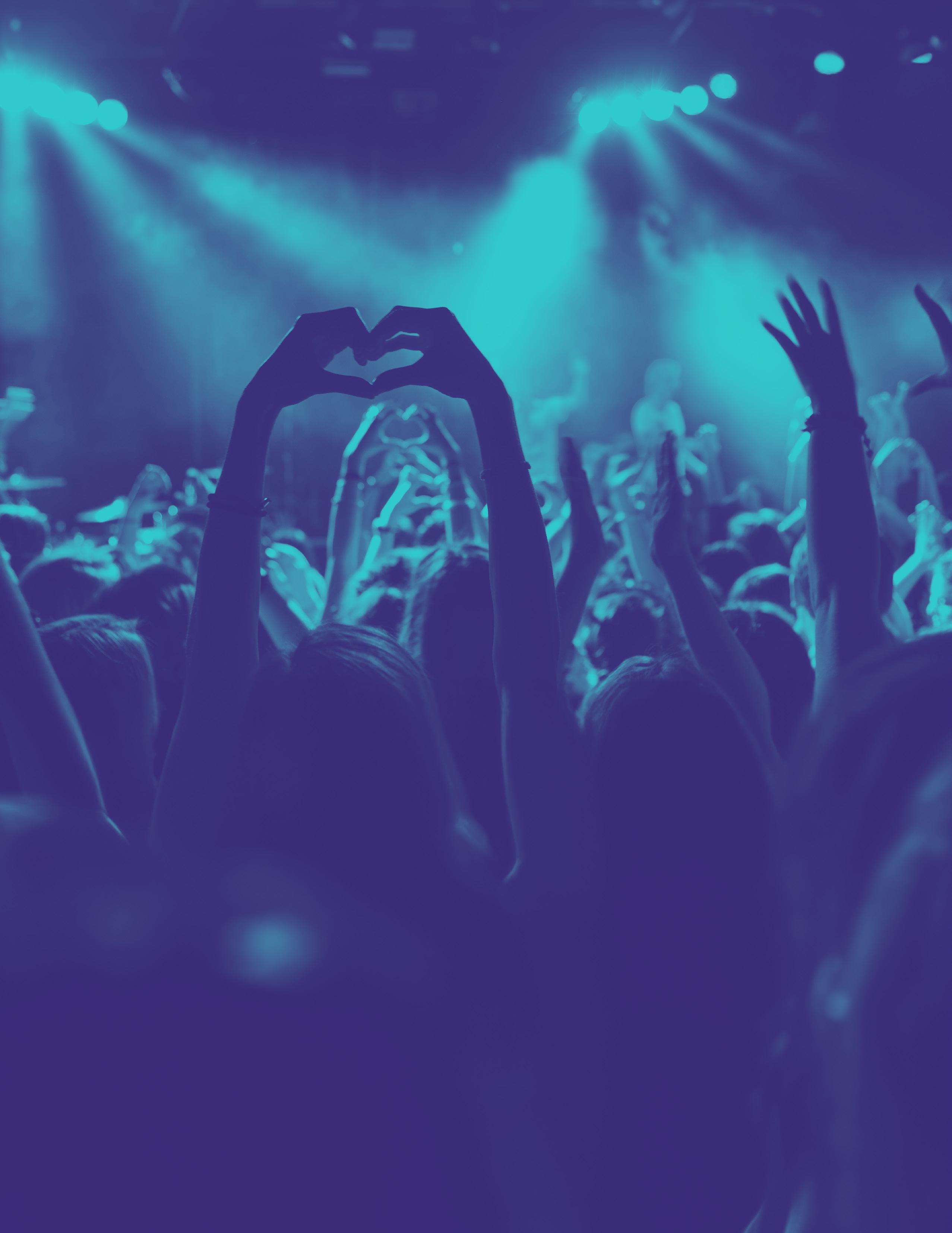
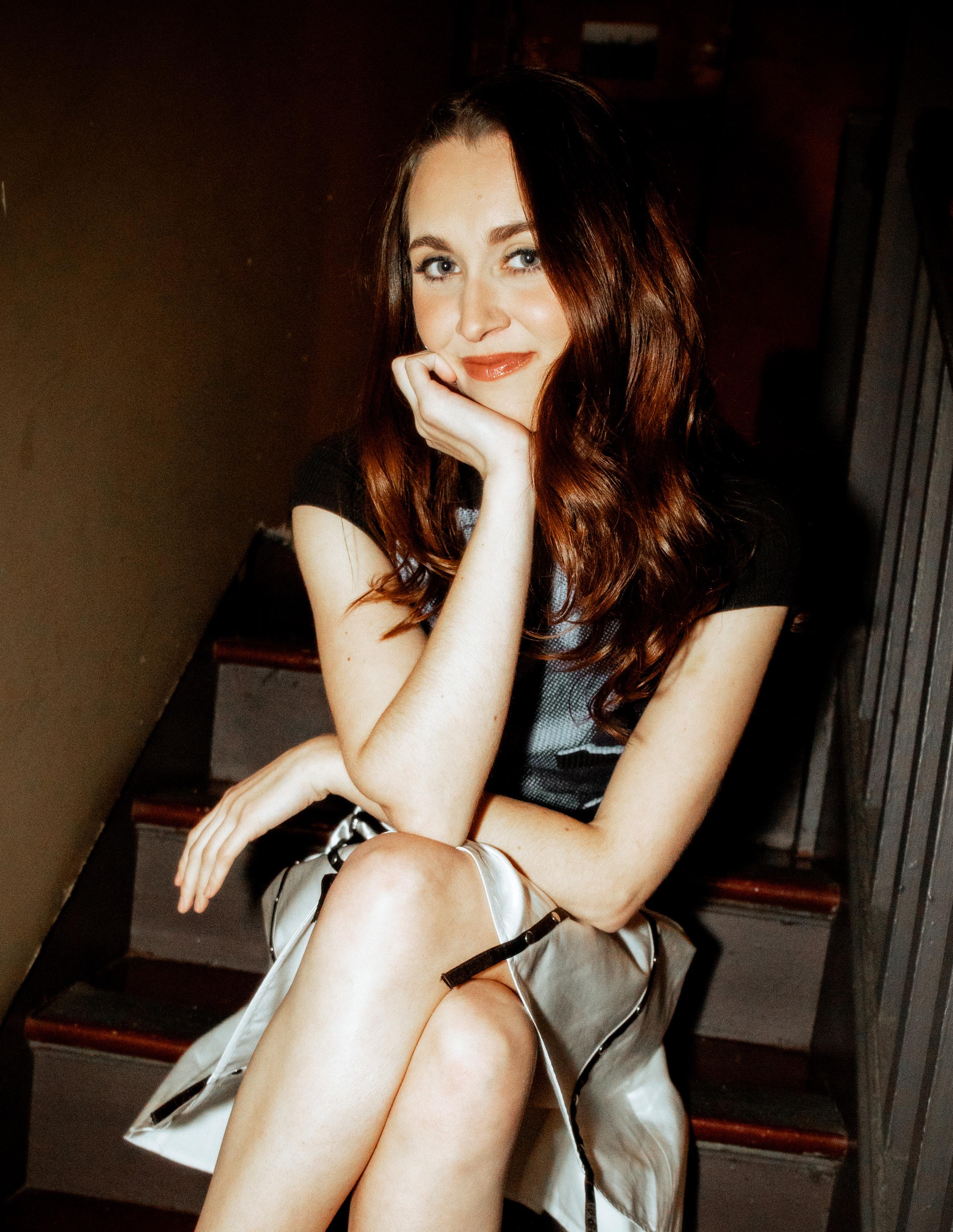

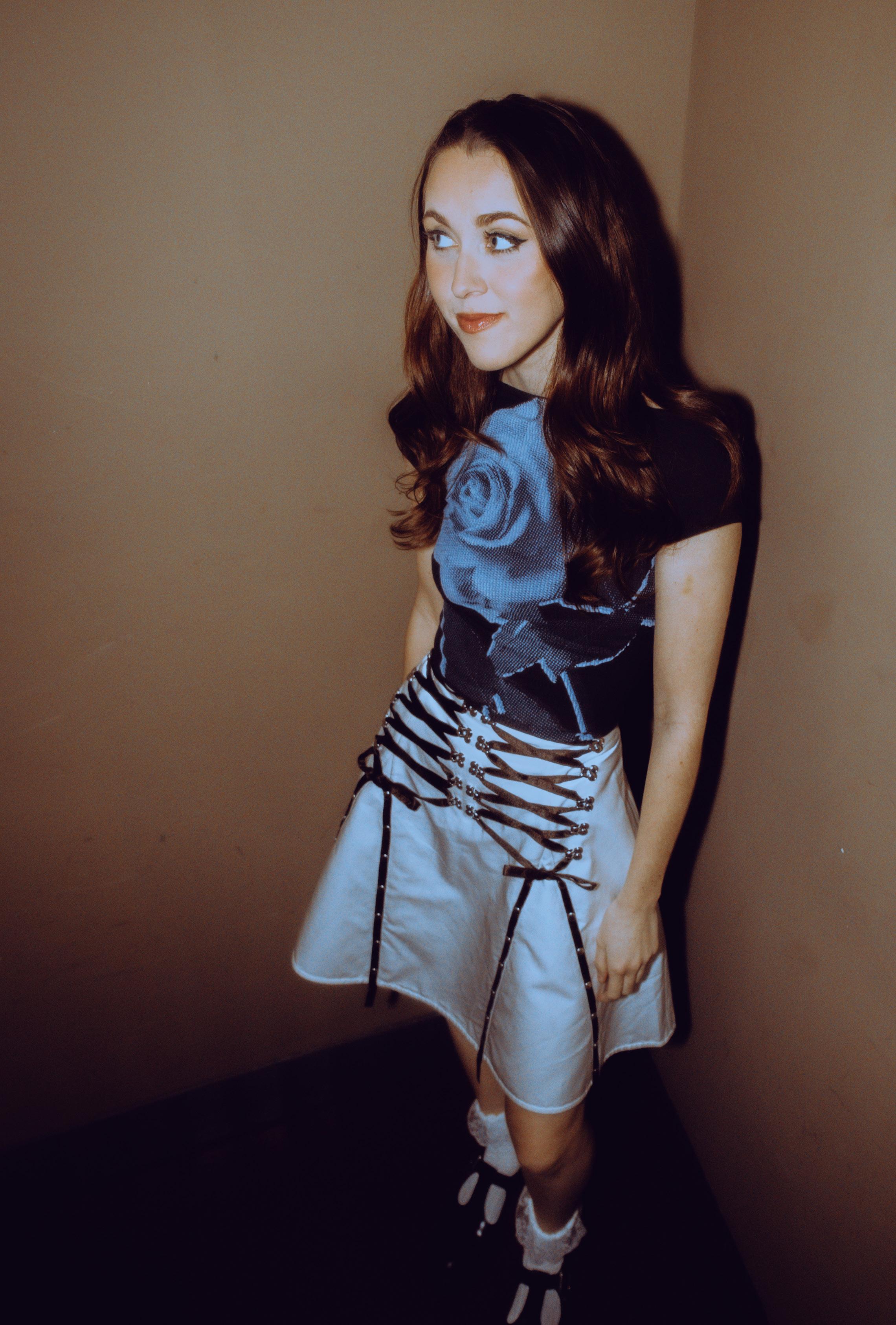

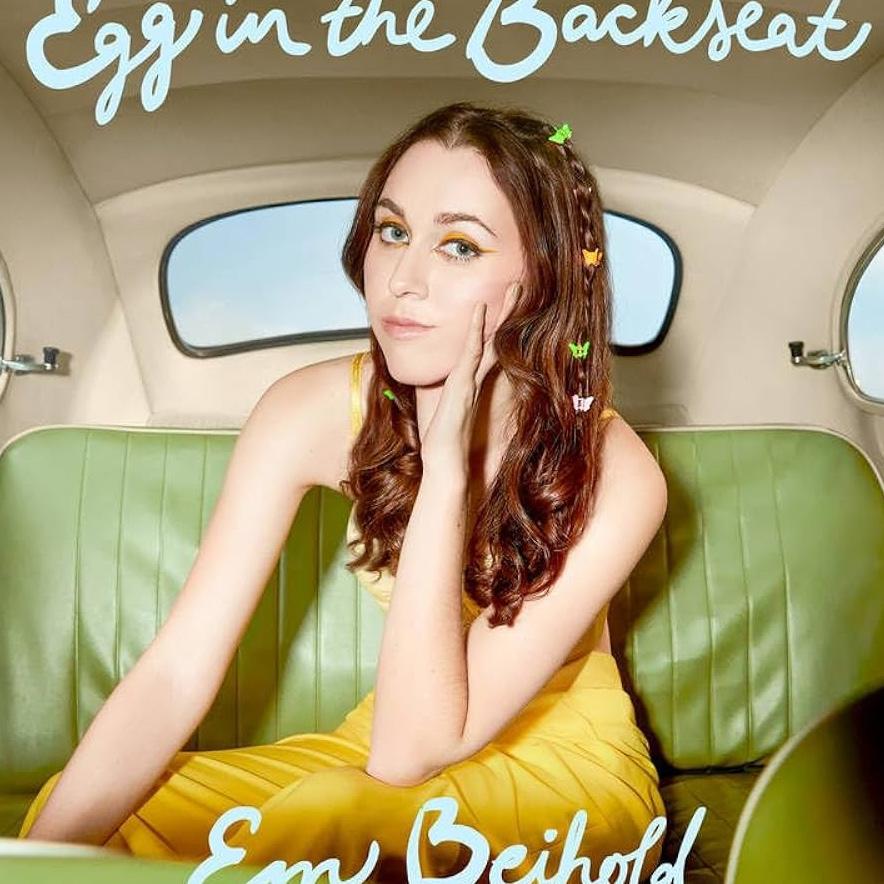
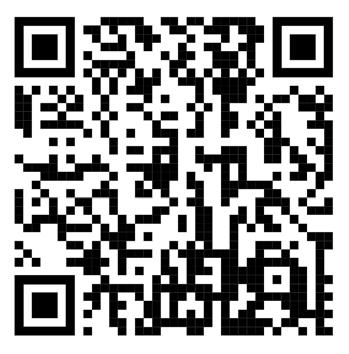
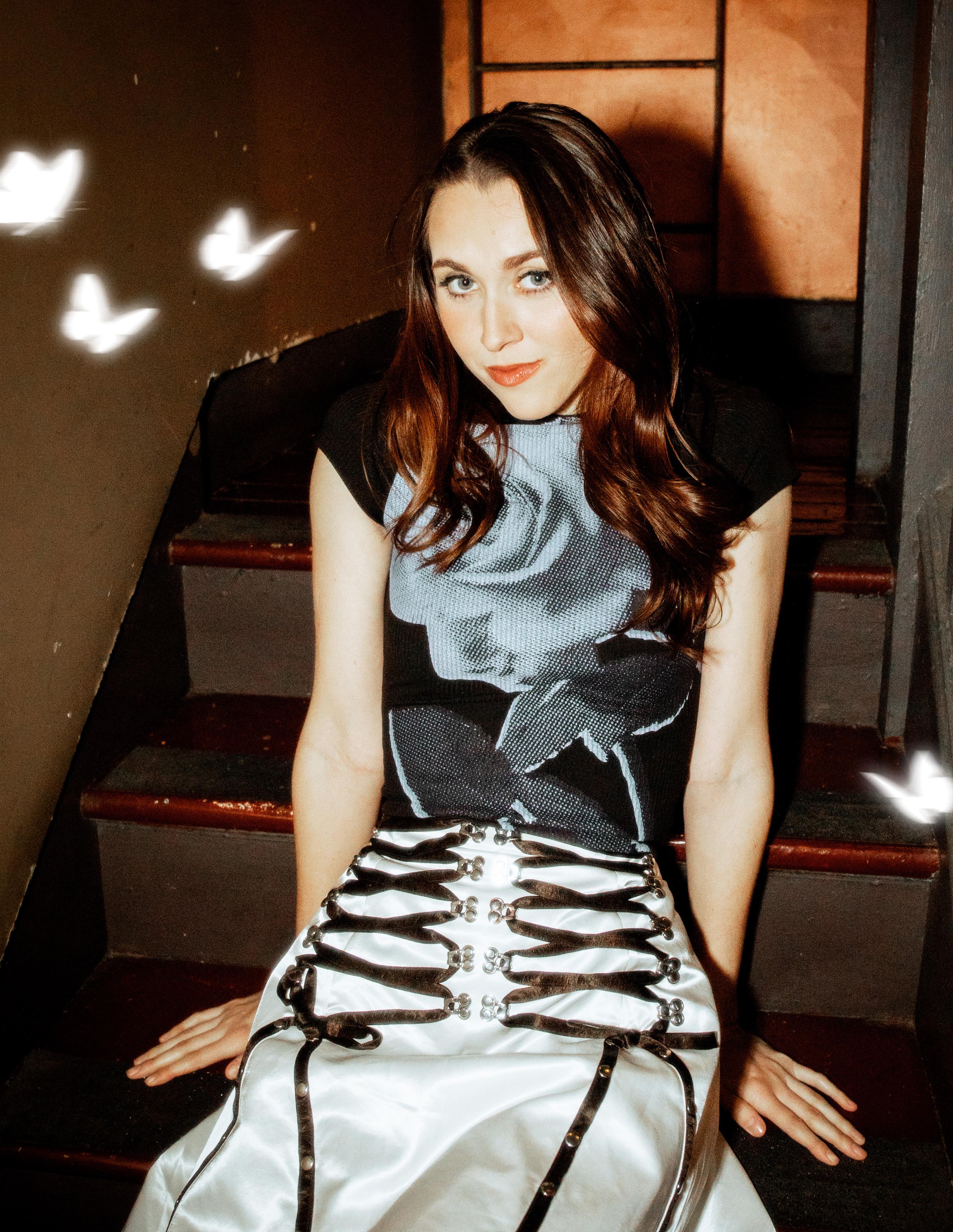


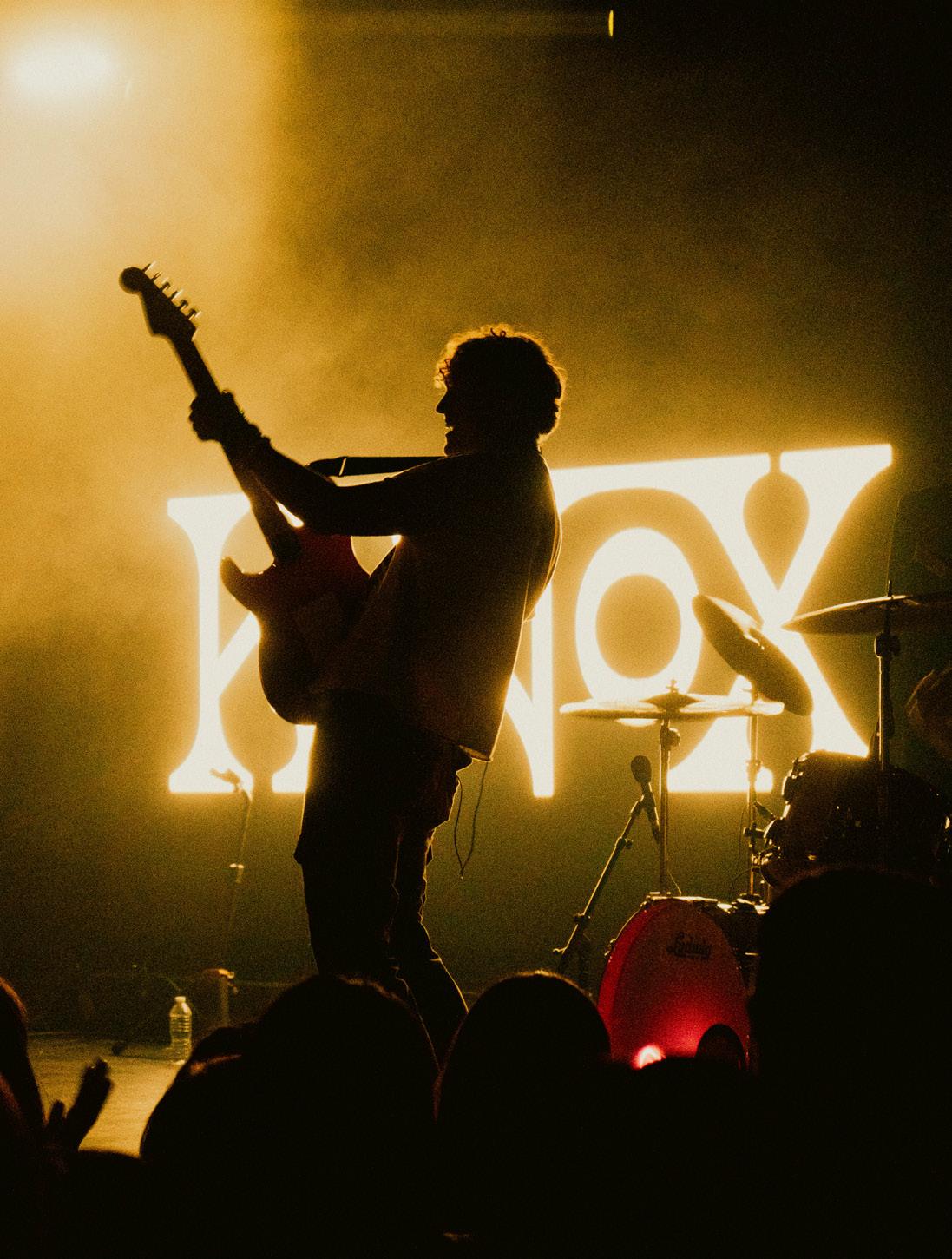
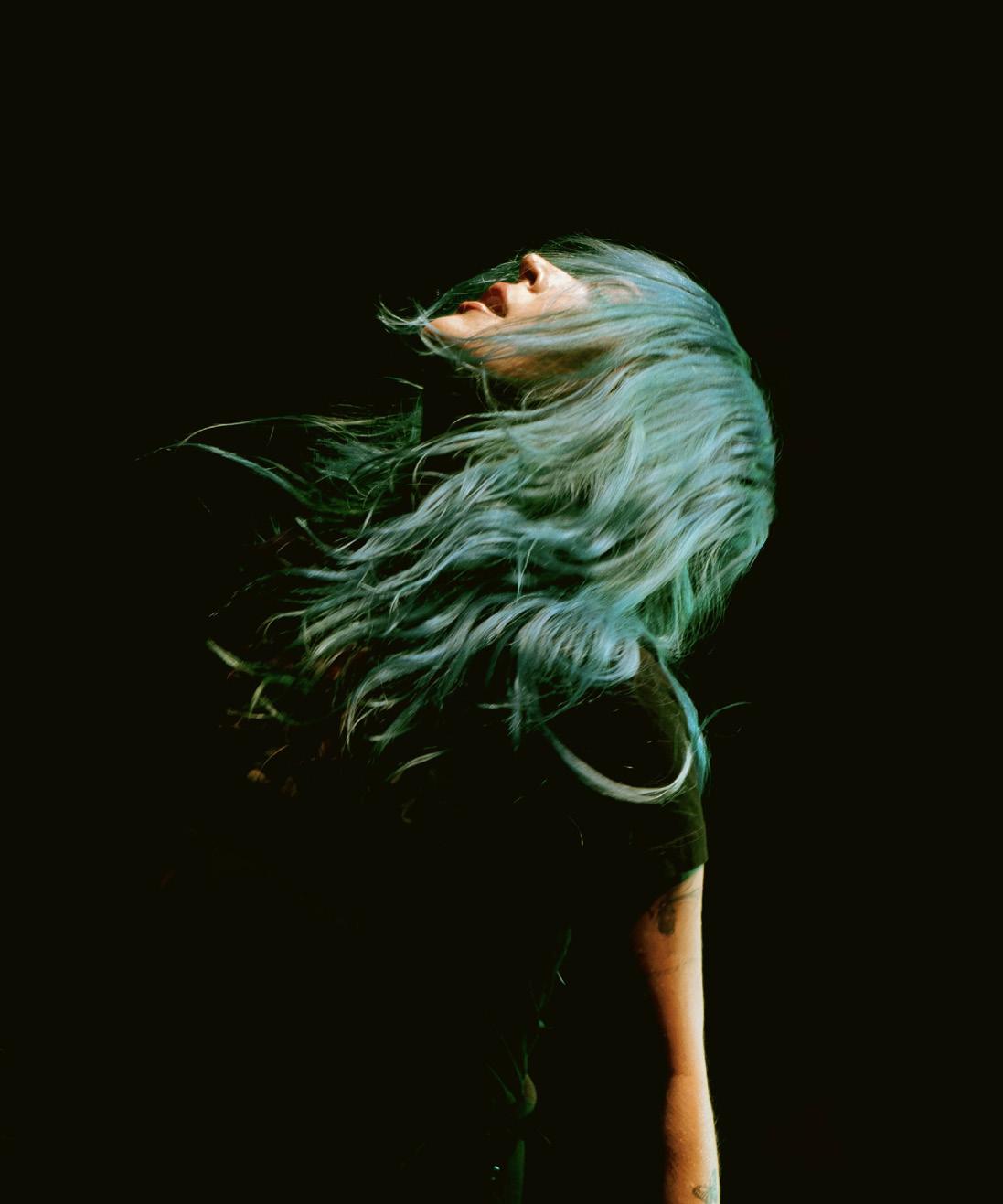

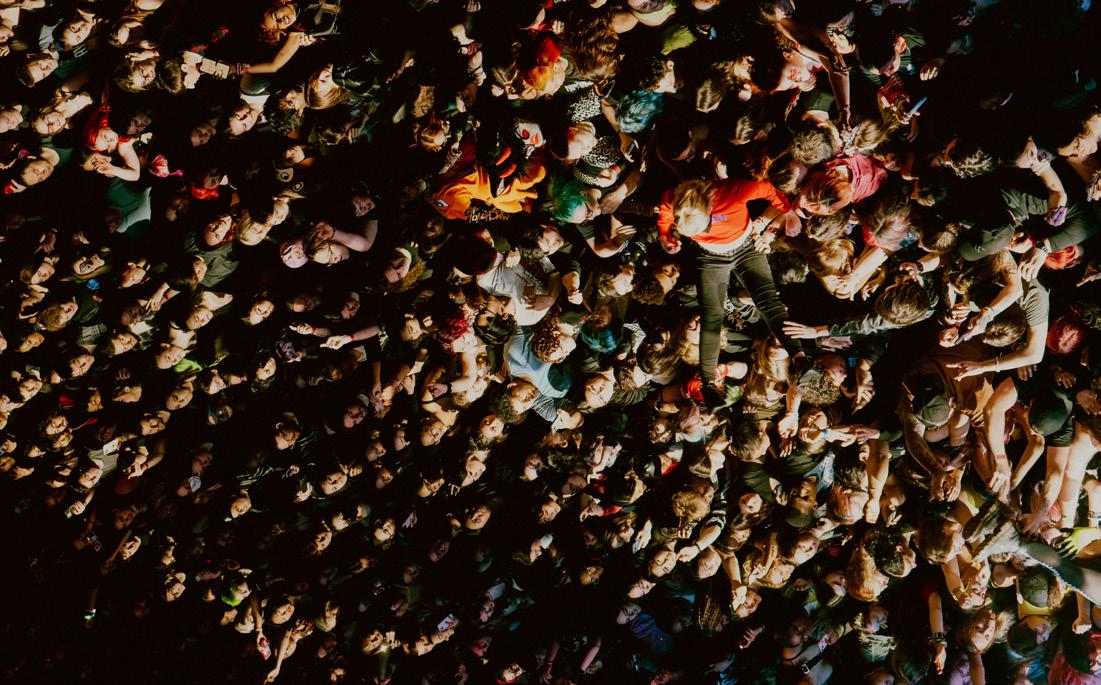

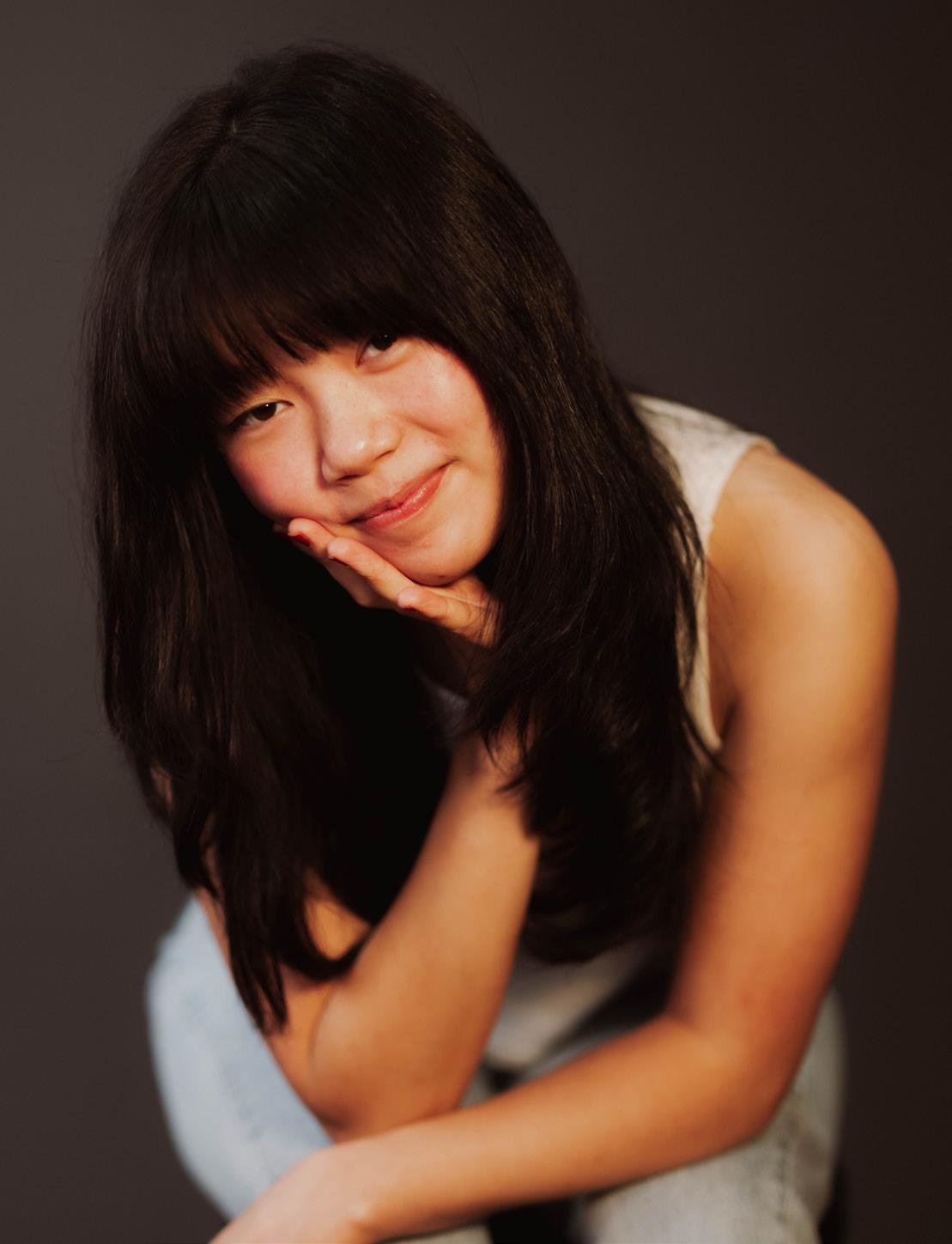
 WRITTEN BY Justice Petersen
WRITTEN BY Justice Petersen





















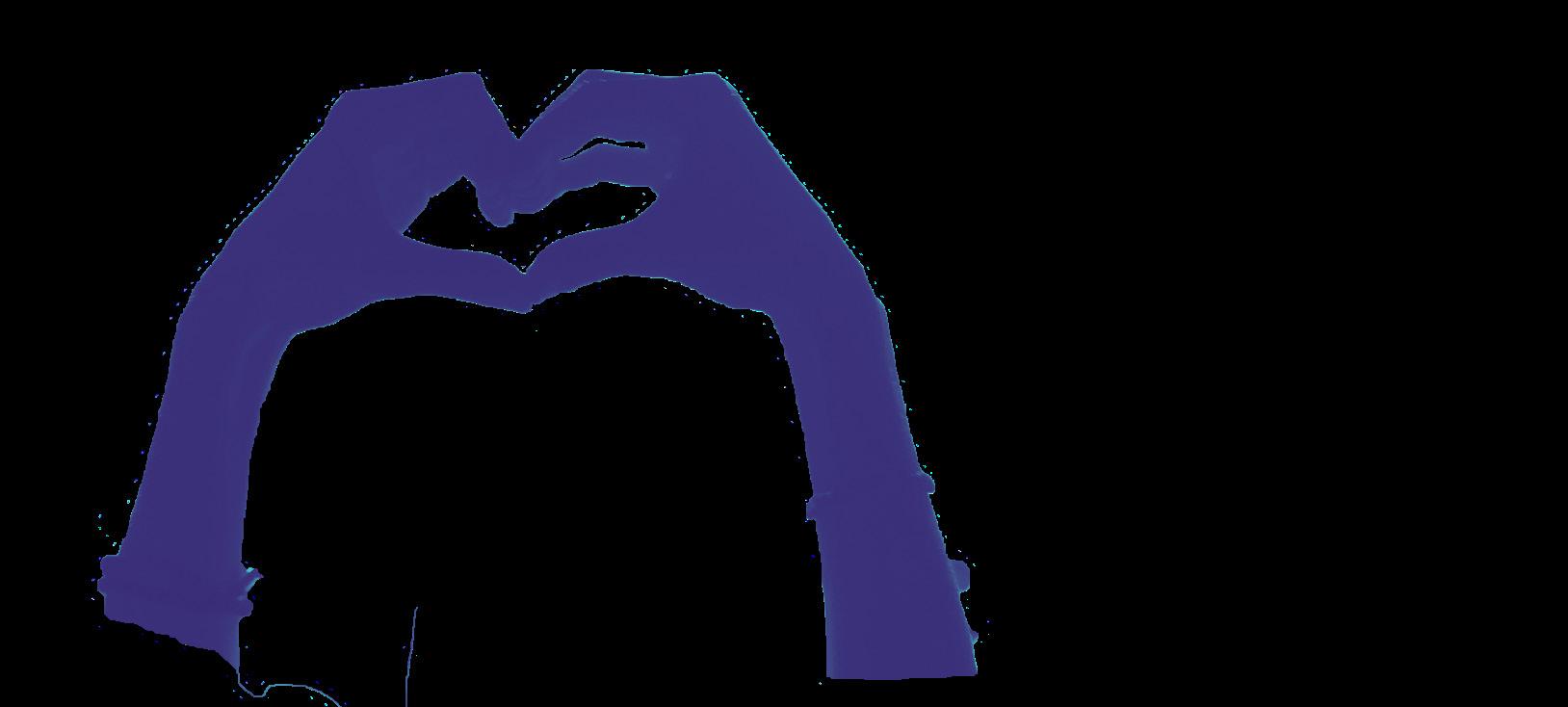 WRITTEN BY Christine Sloman
WRITTEN BY Christine Sloman
